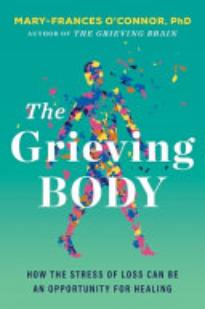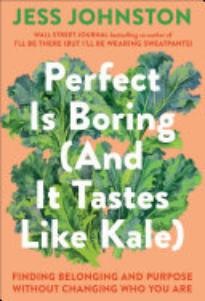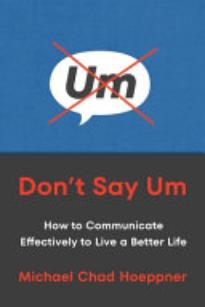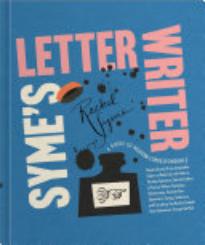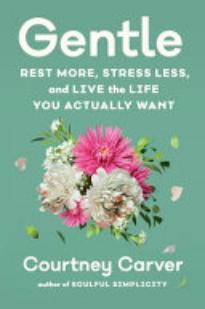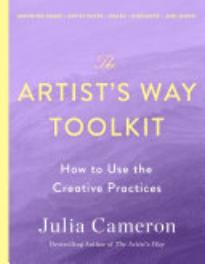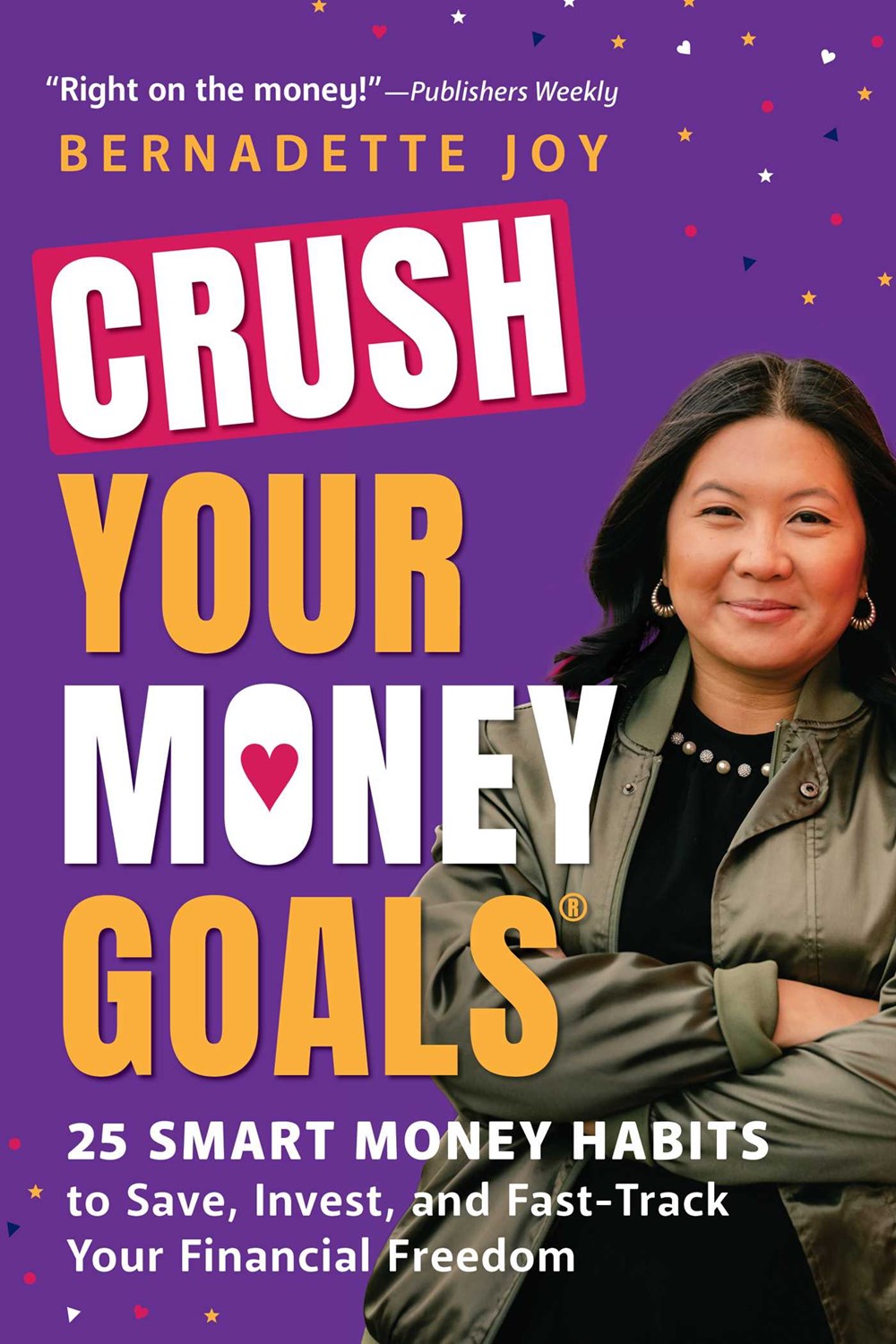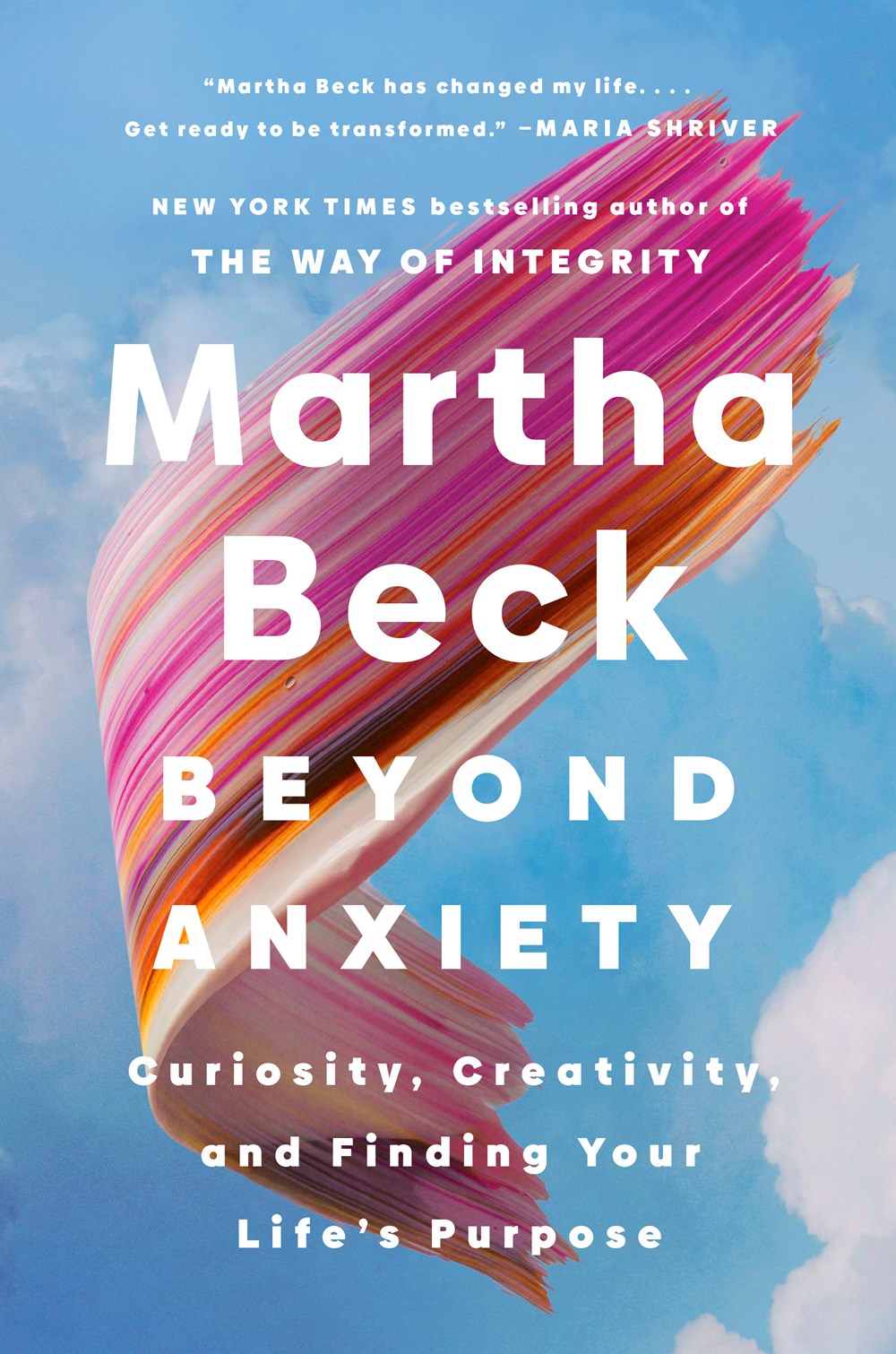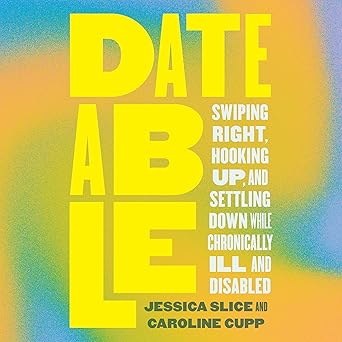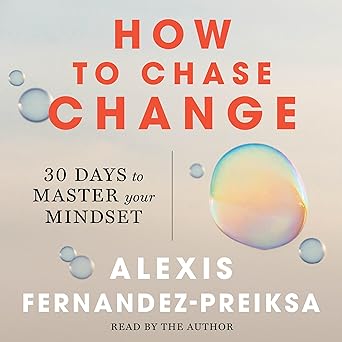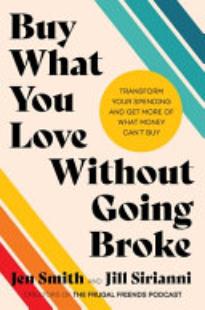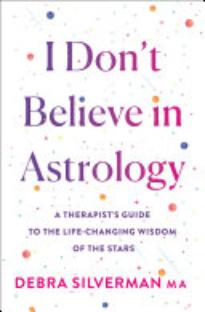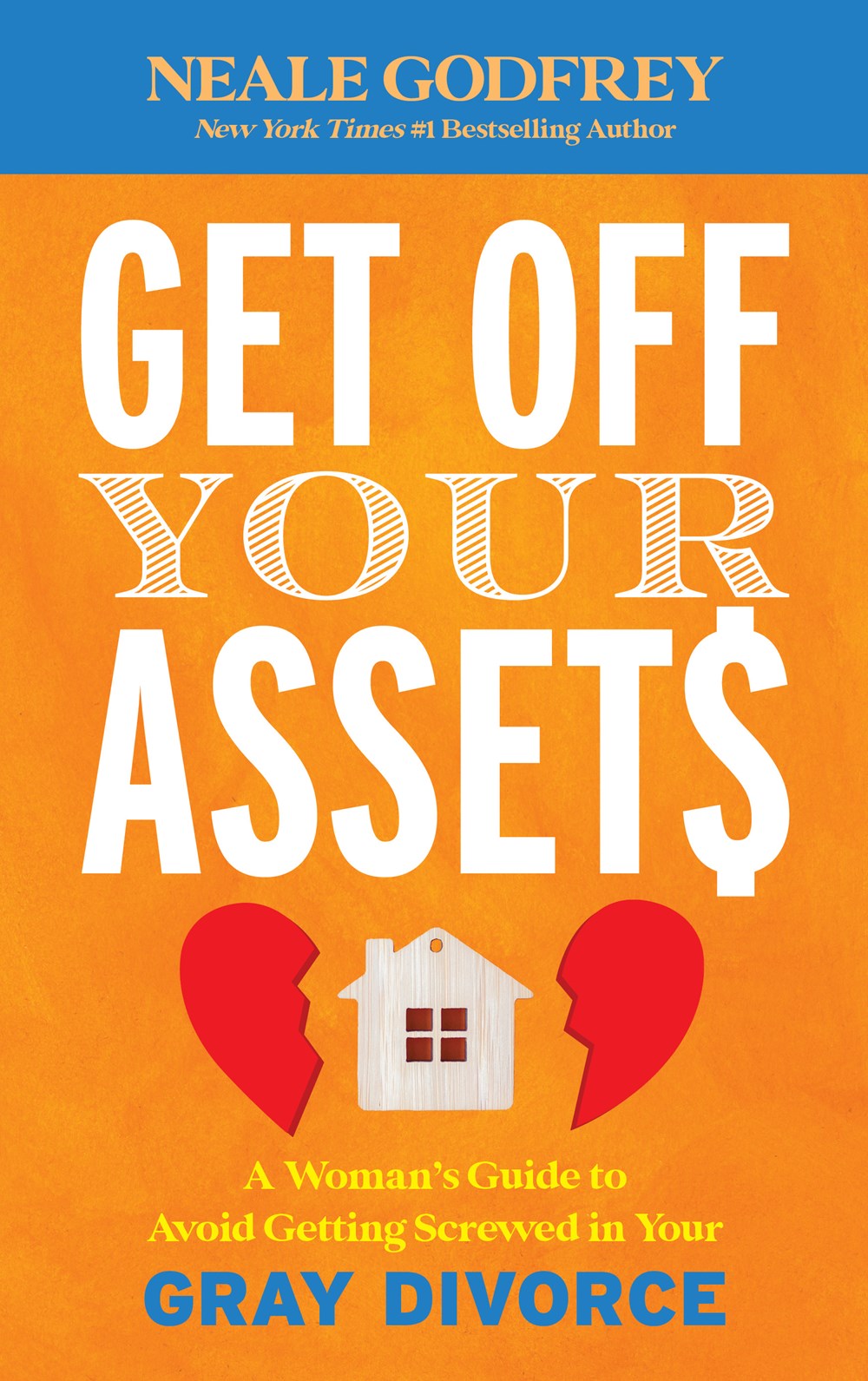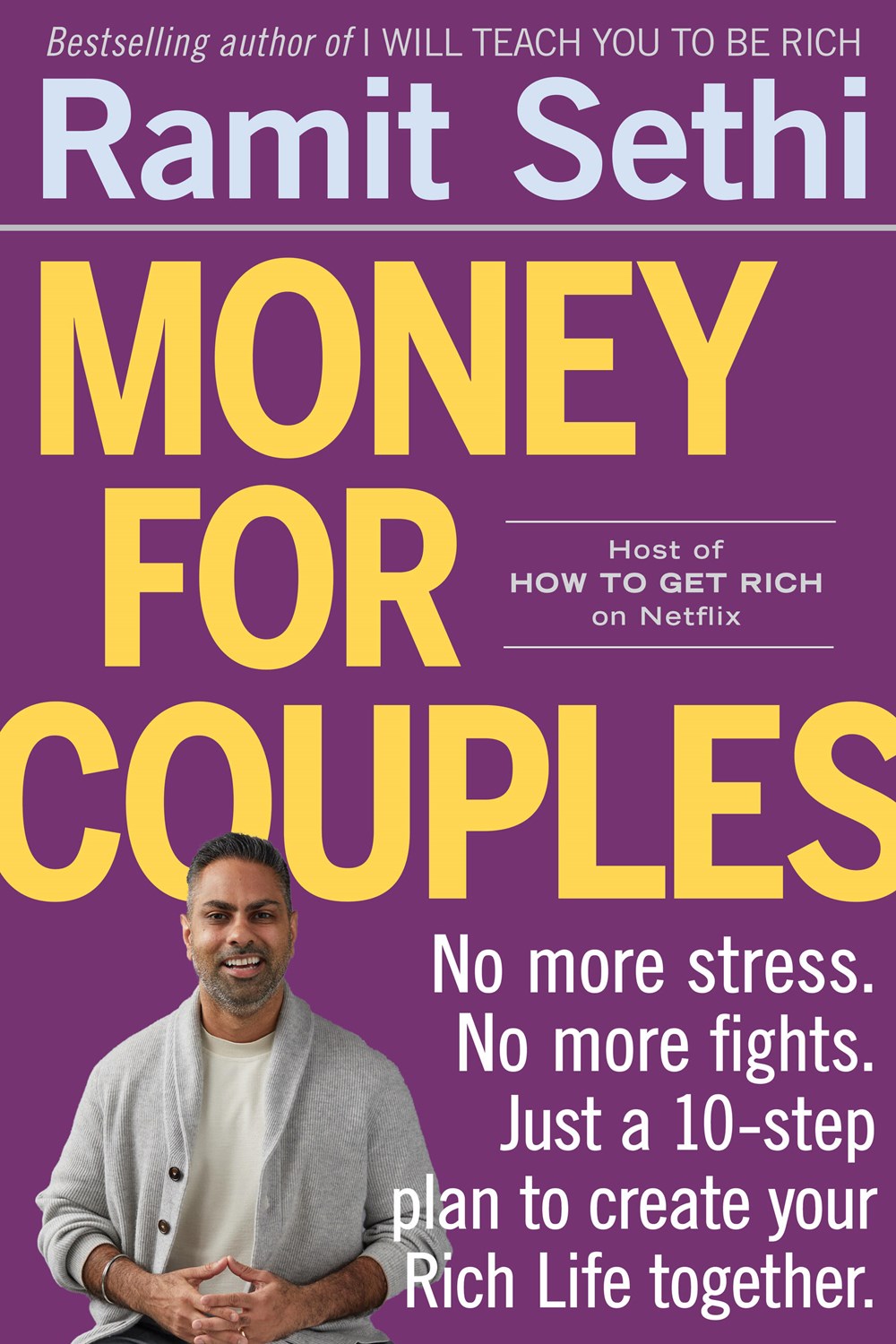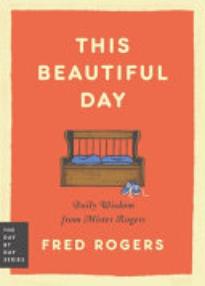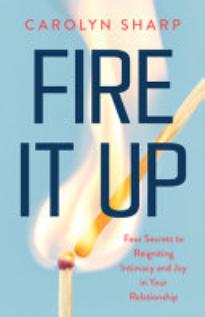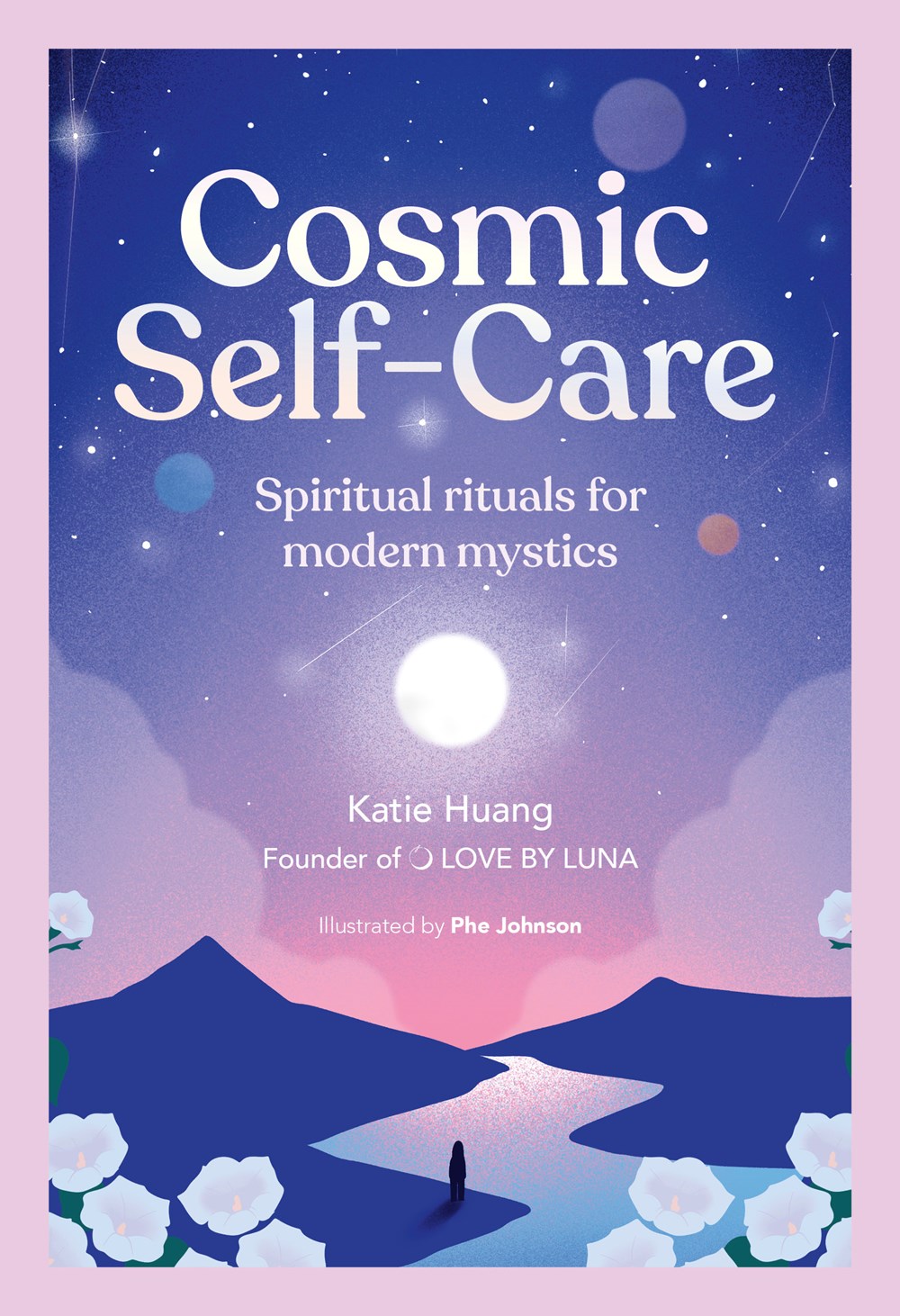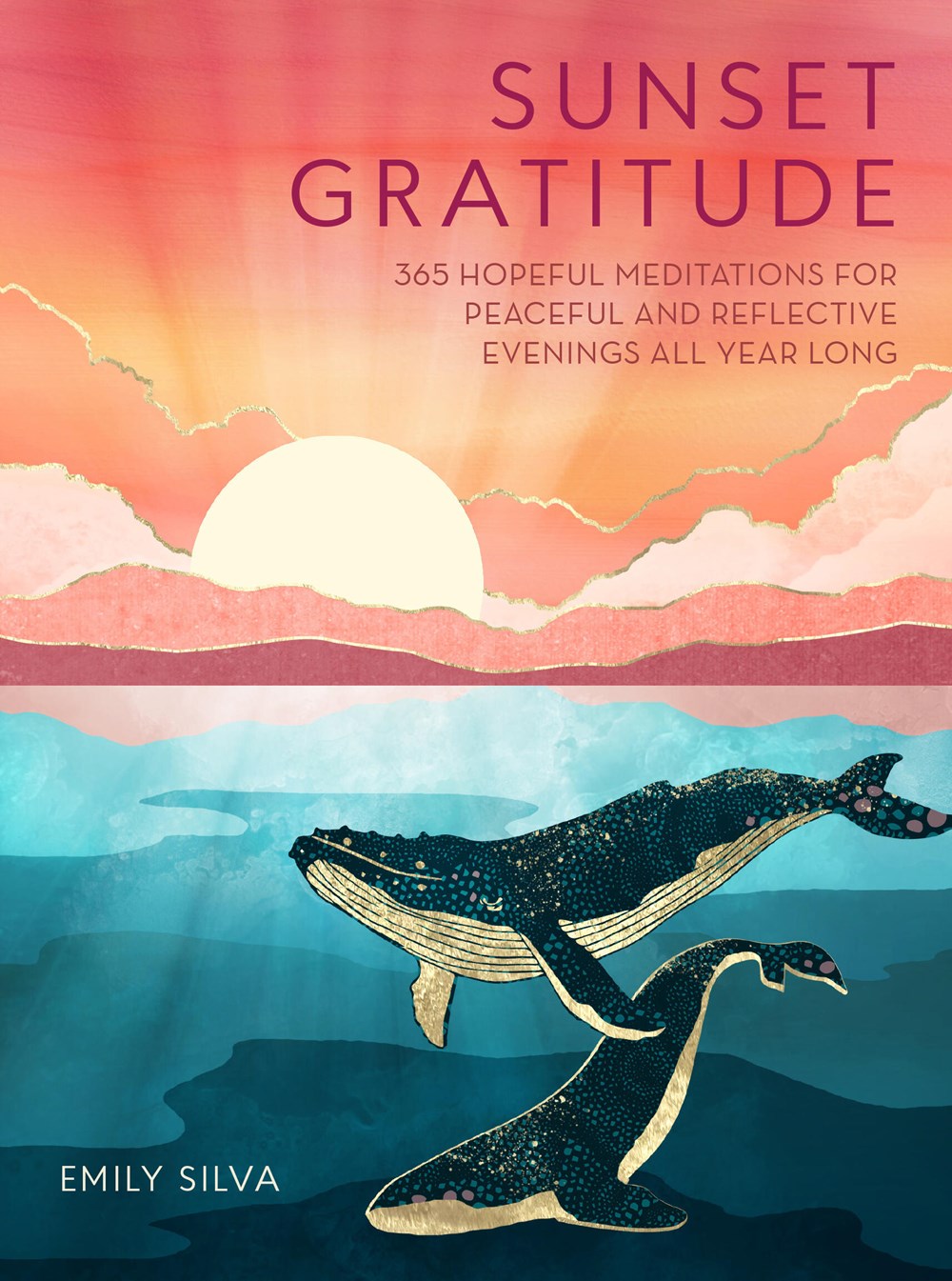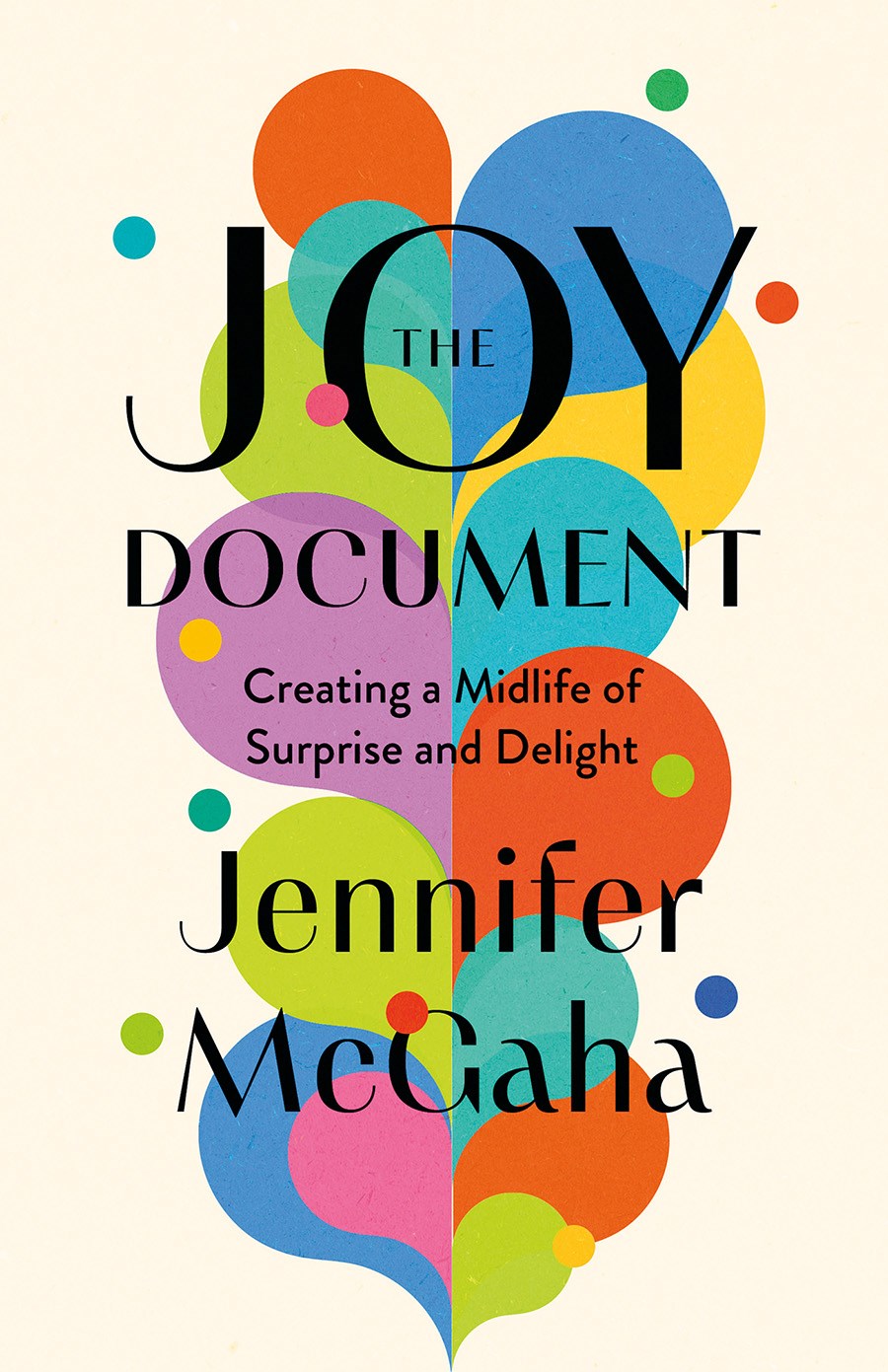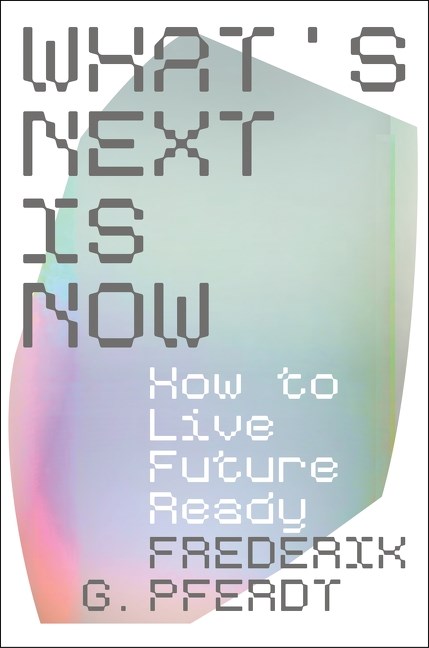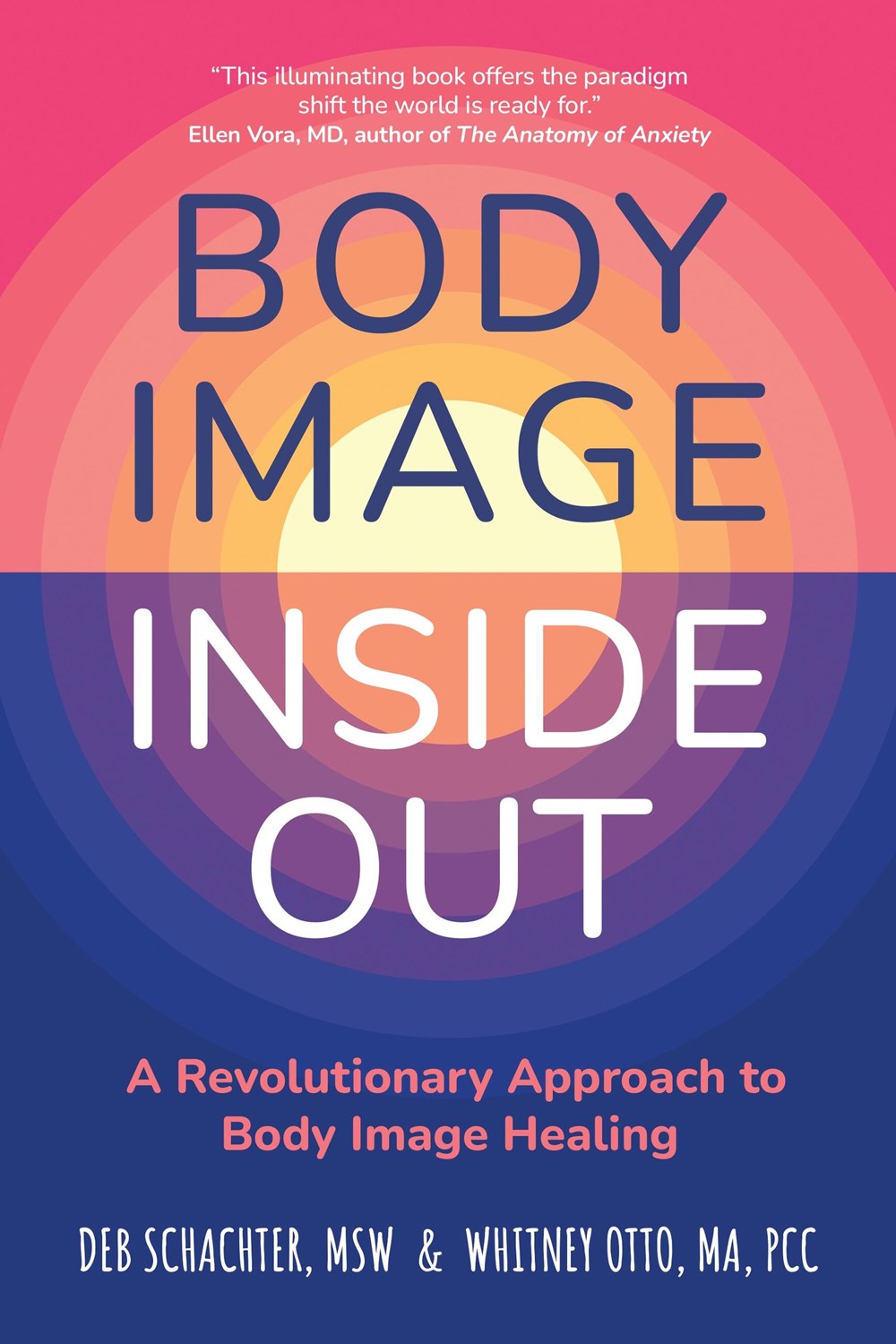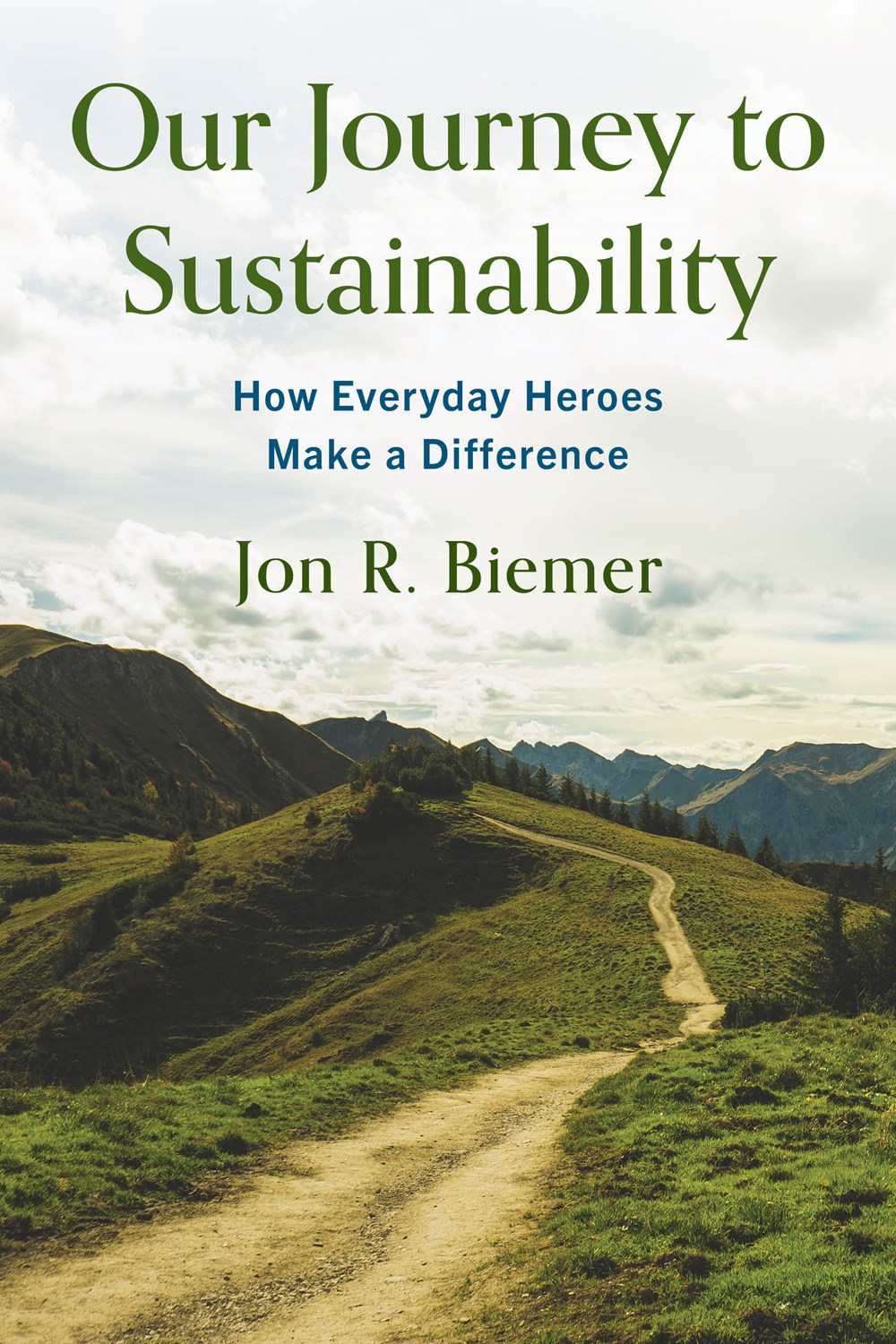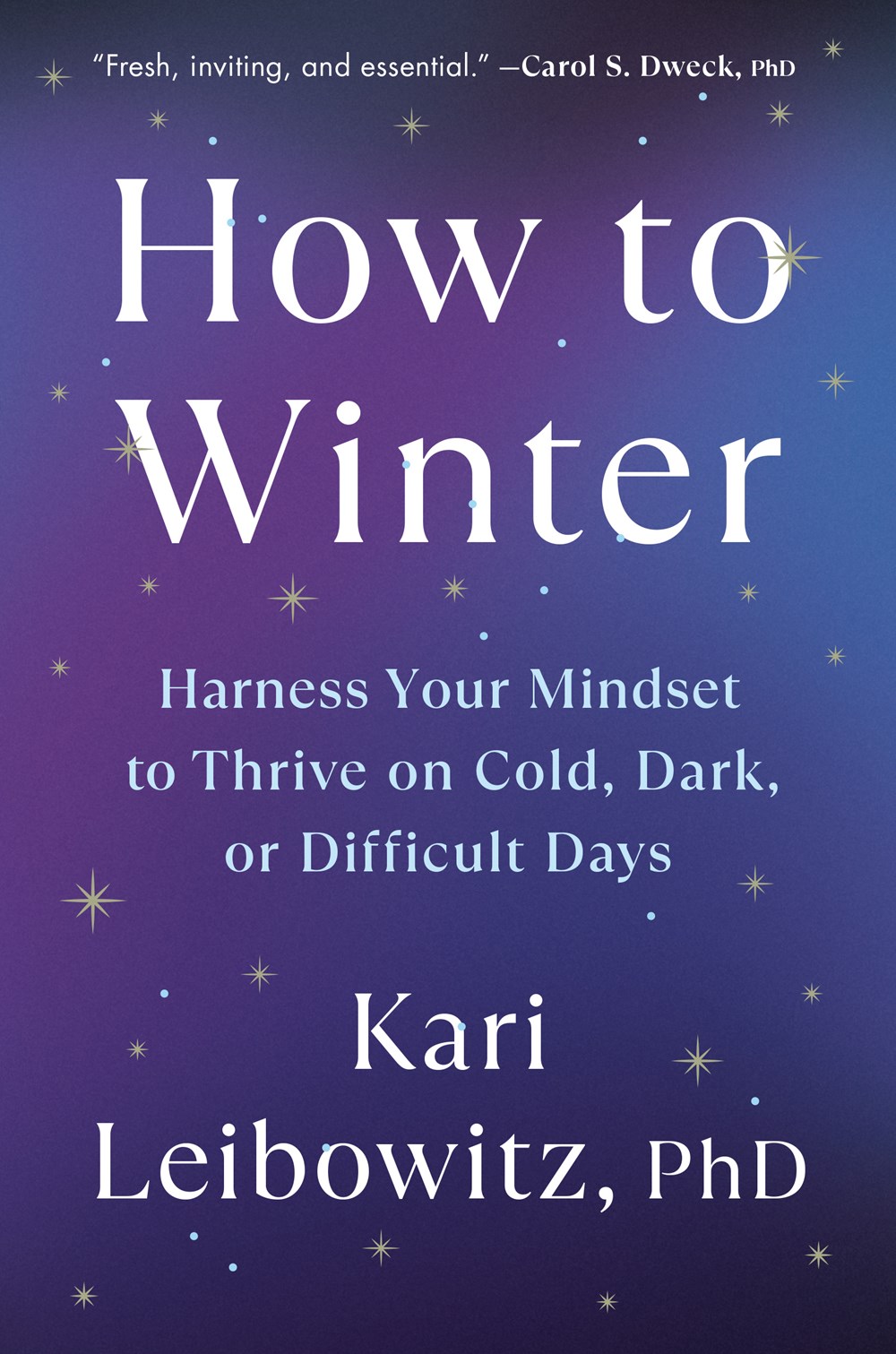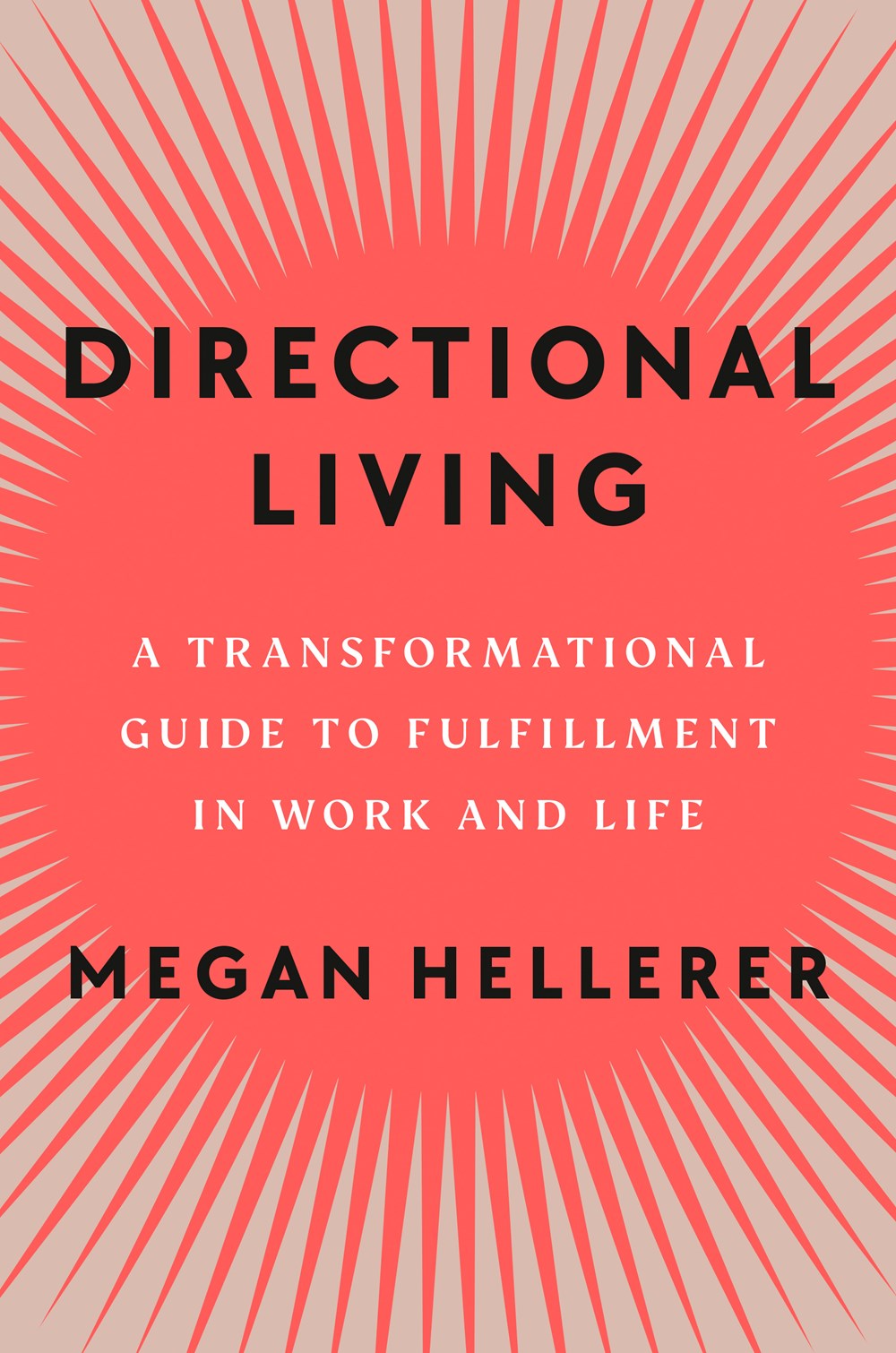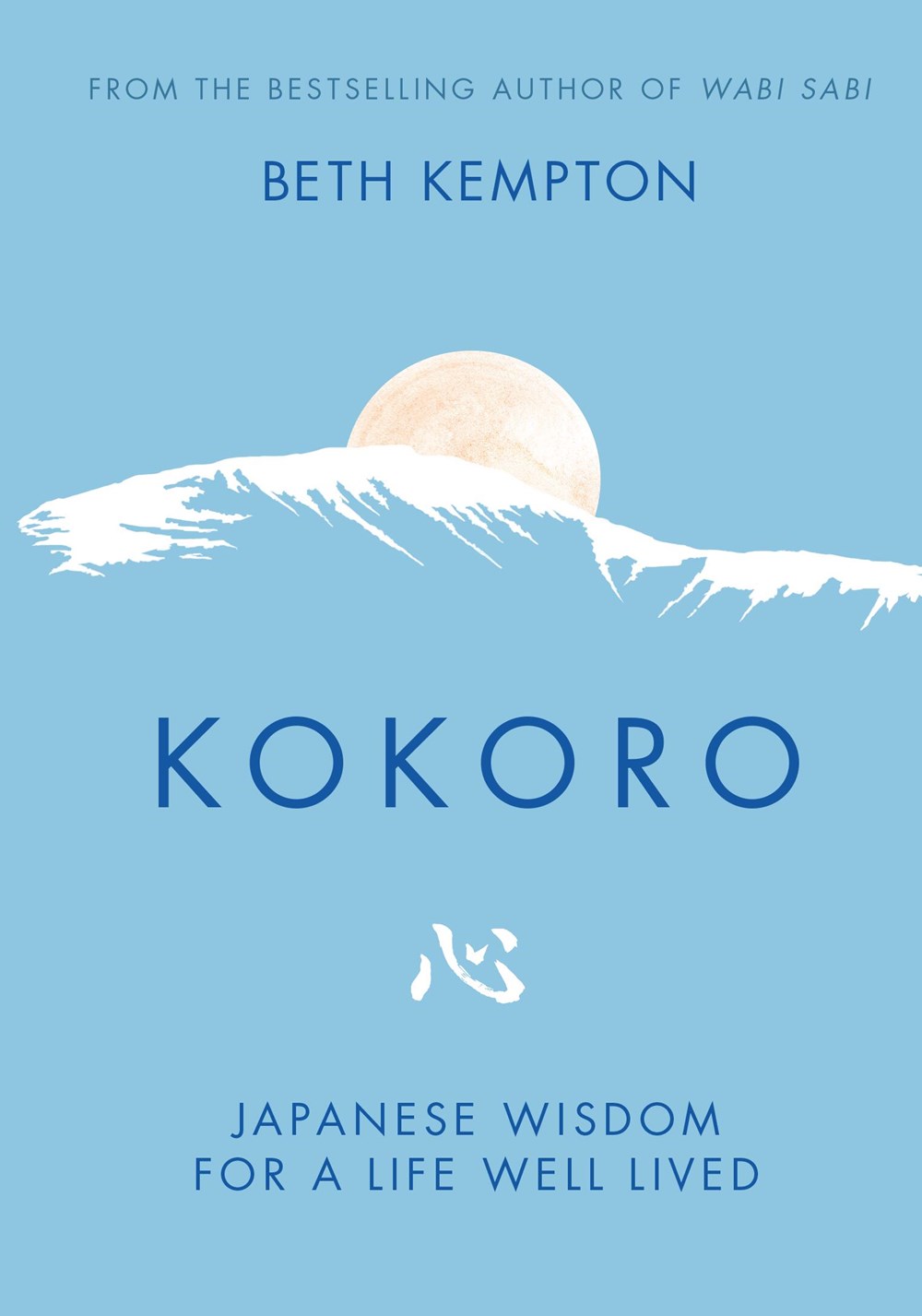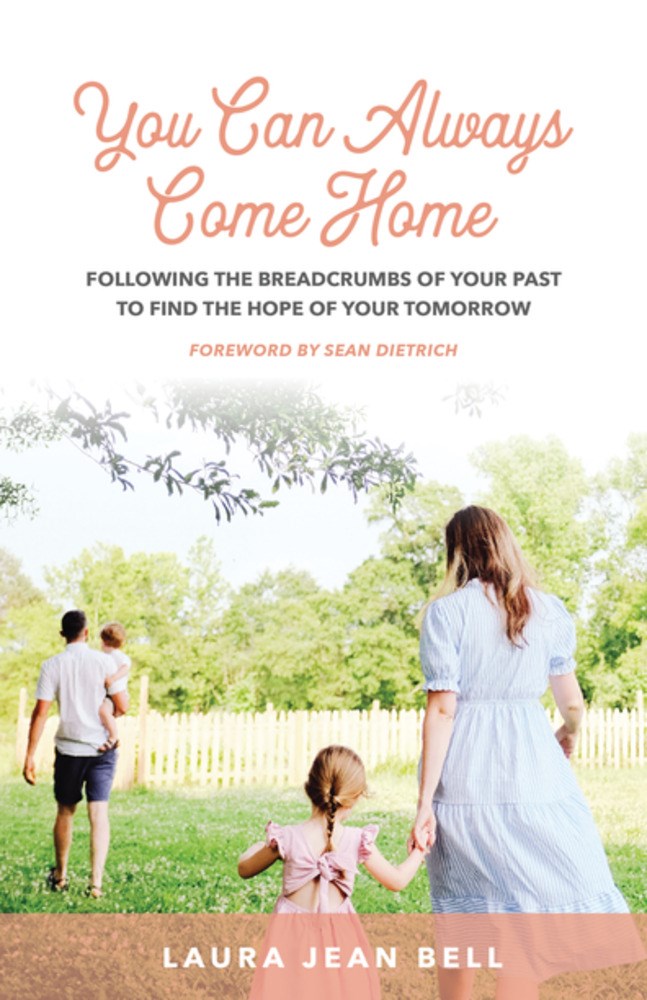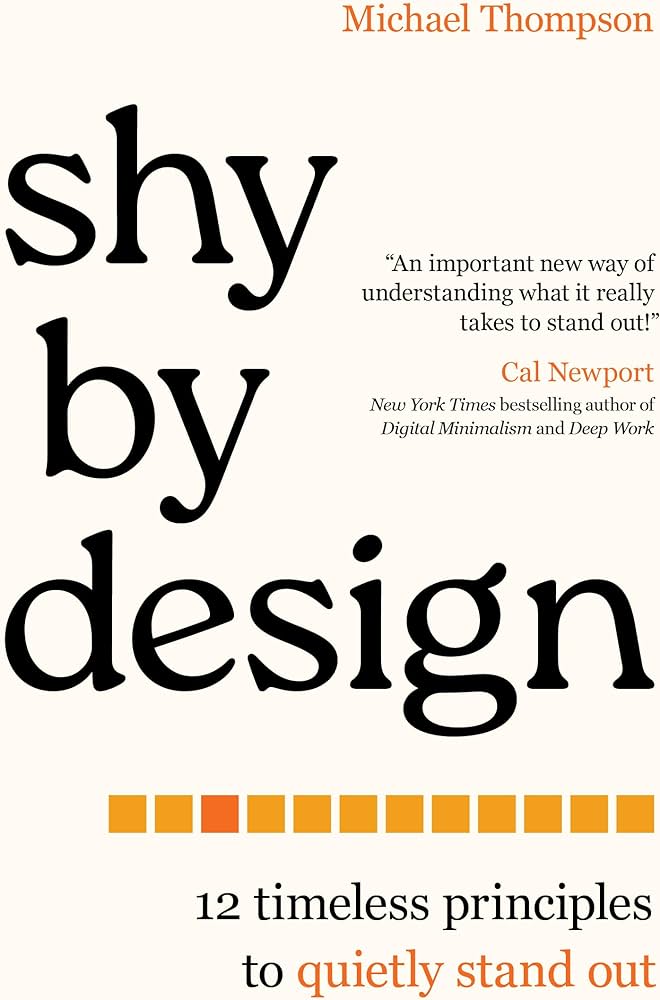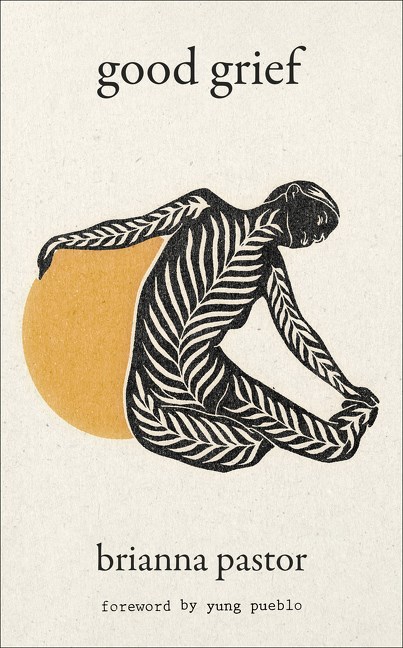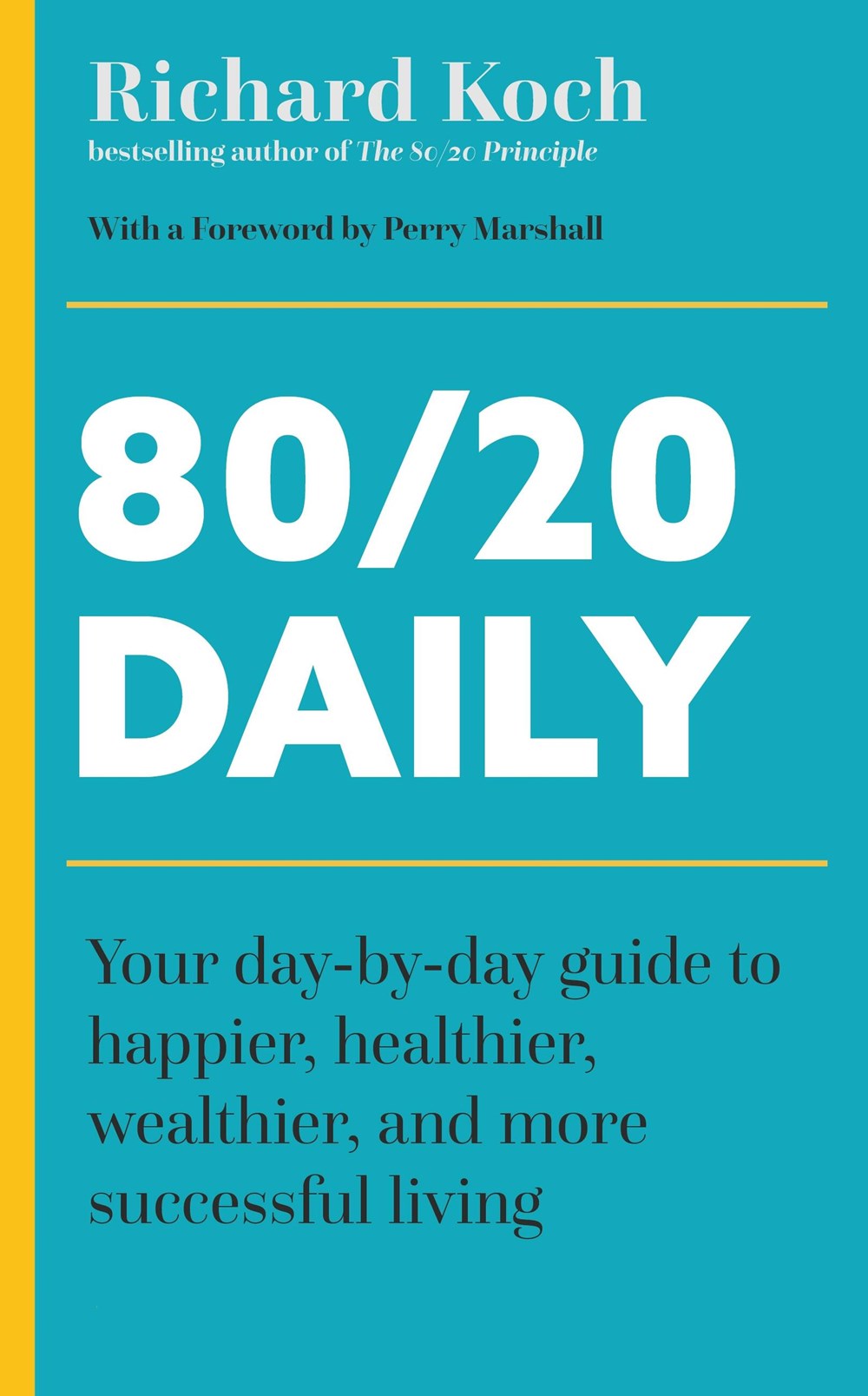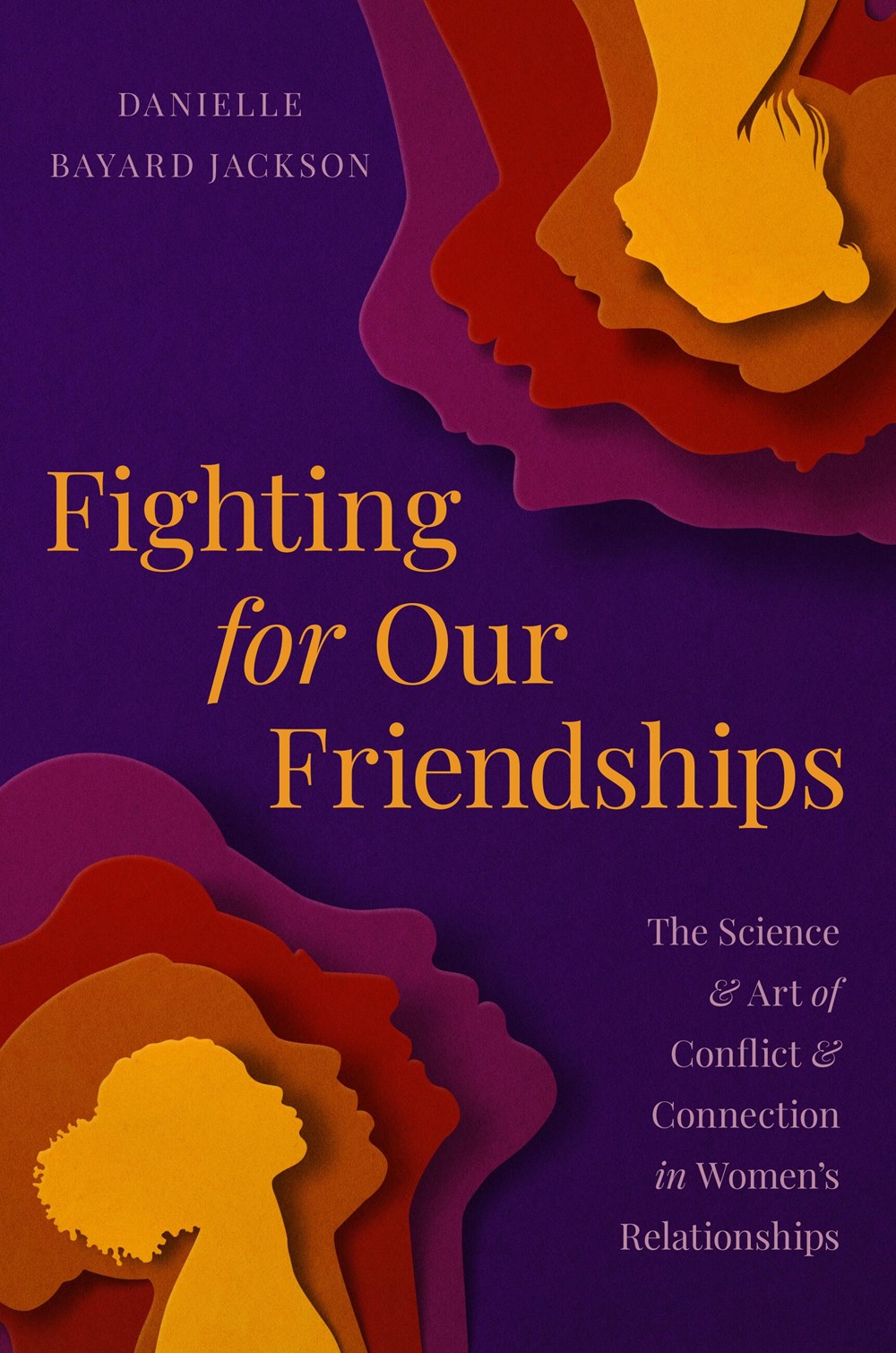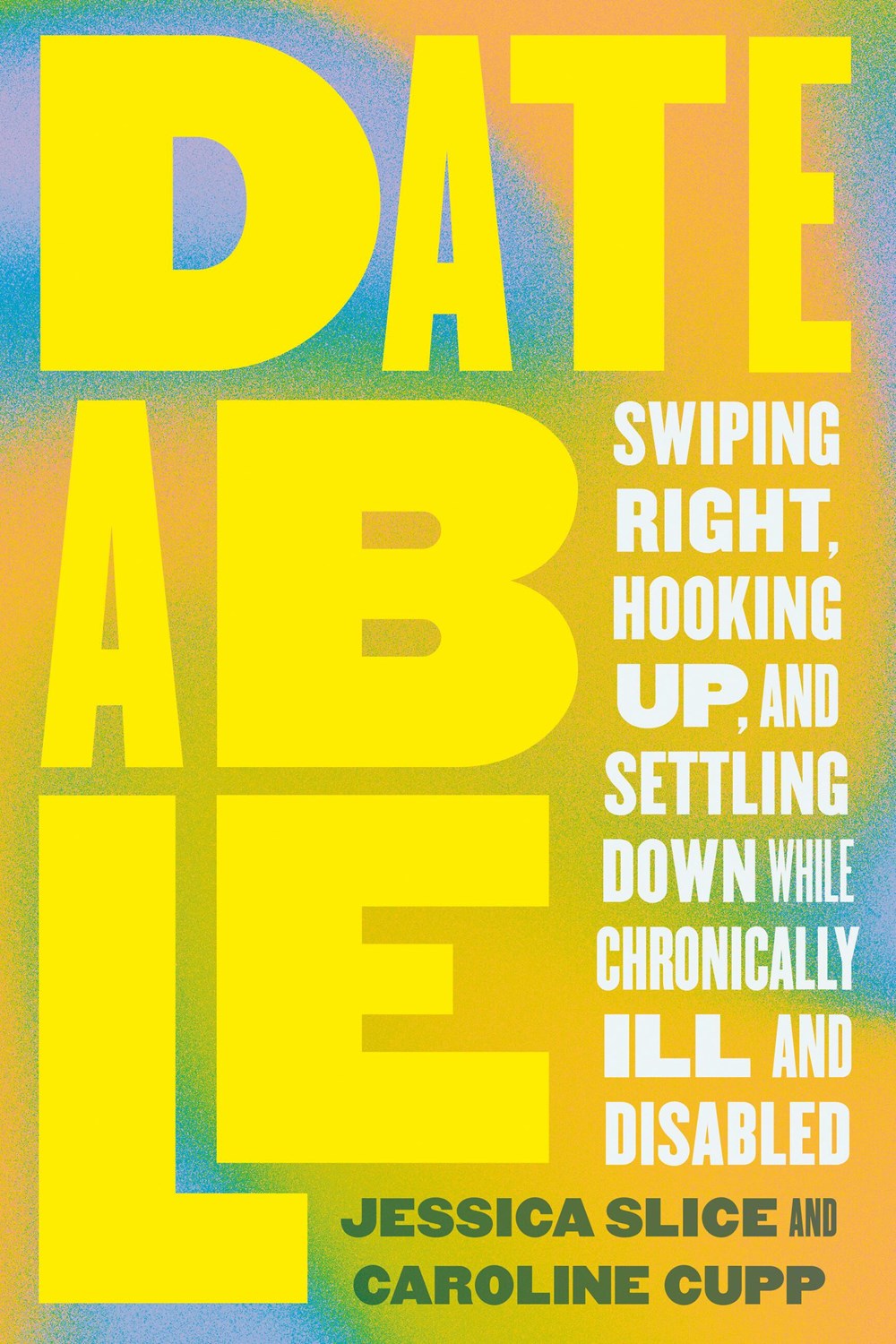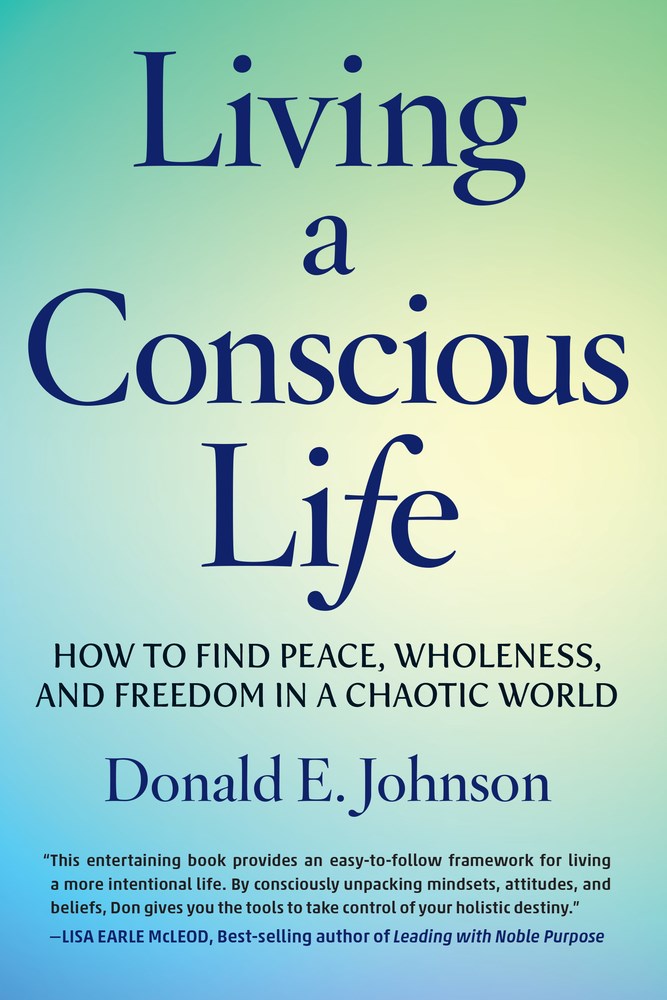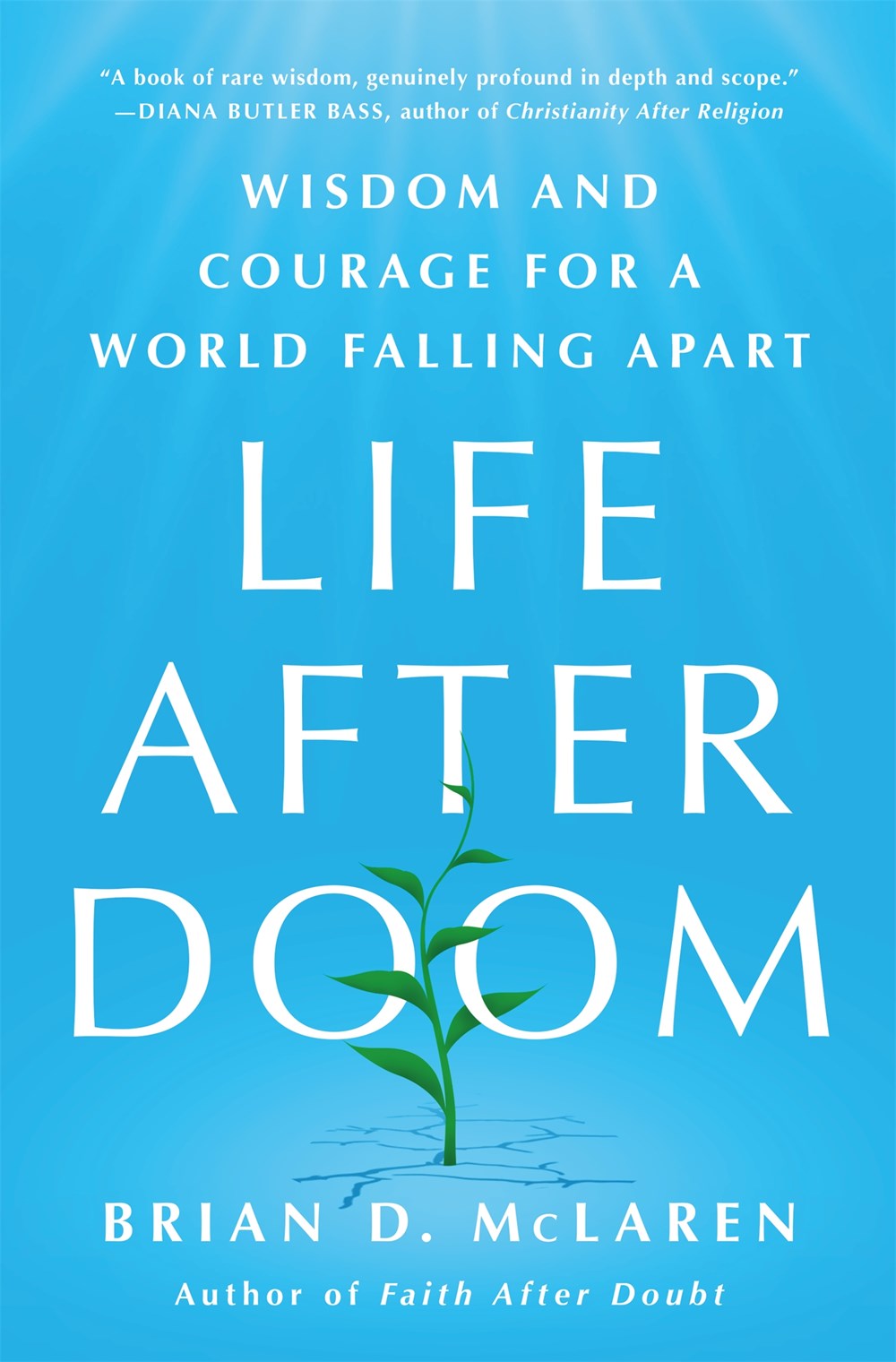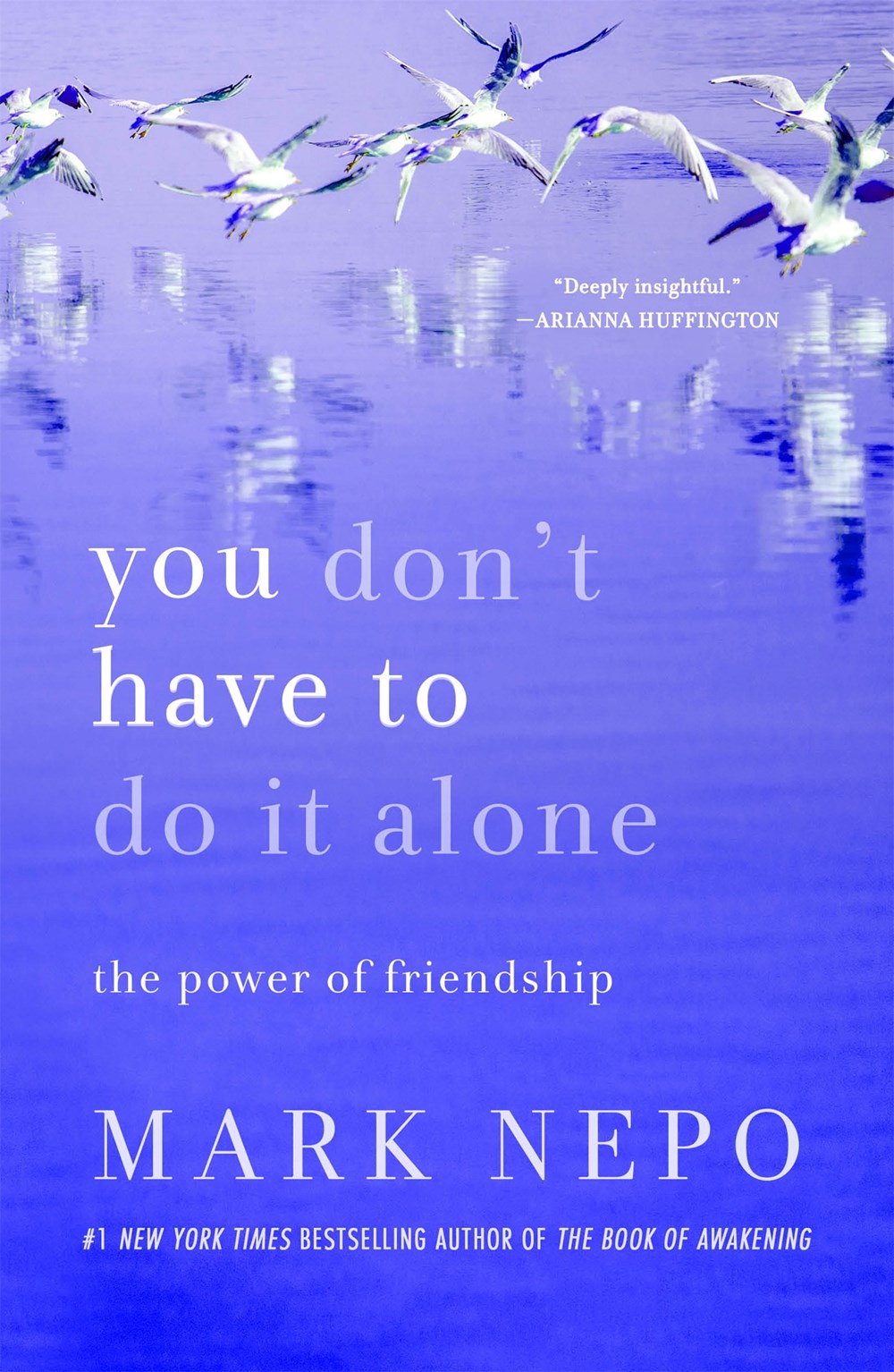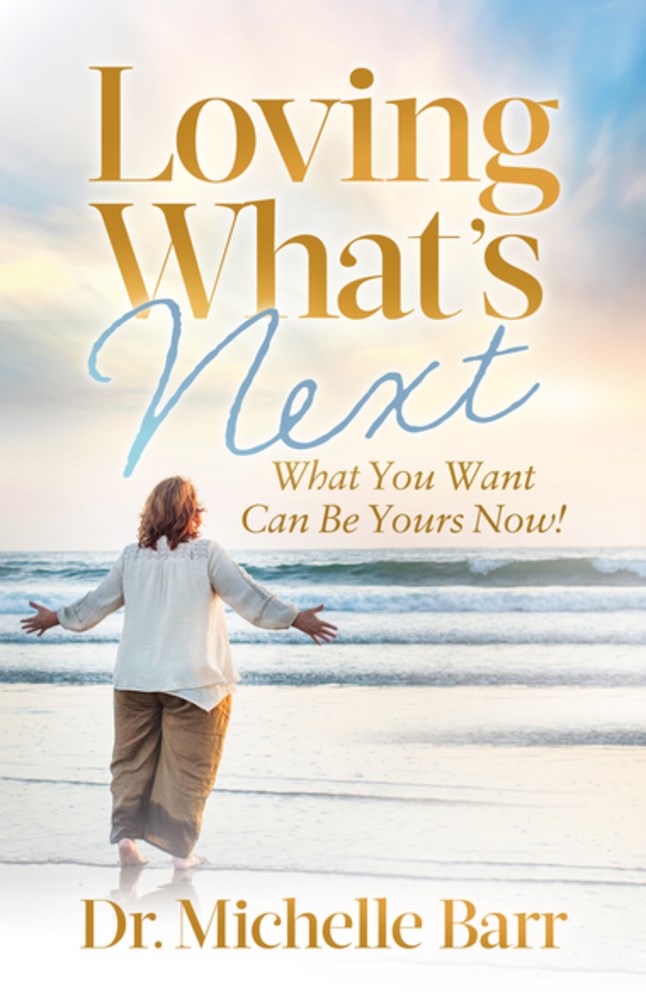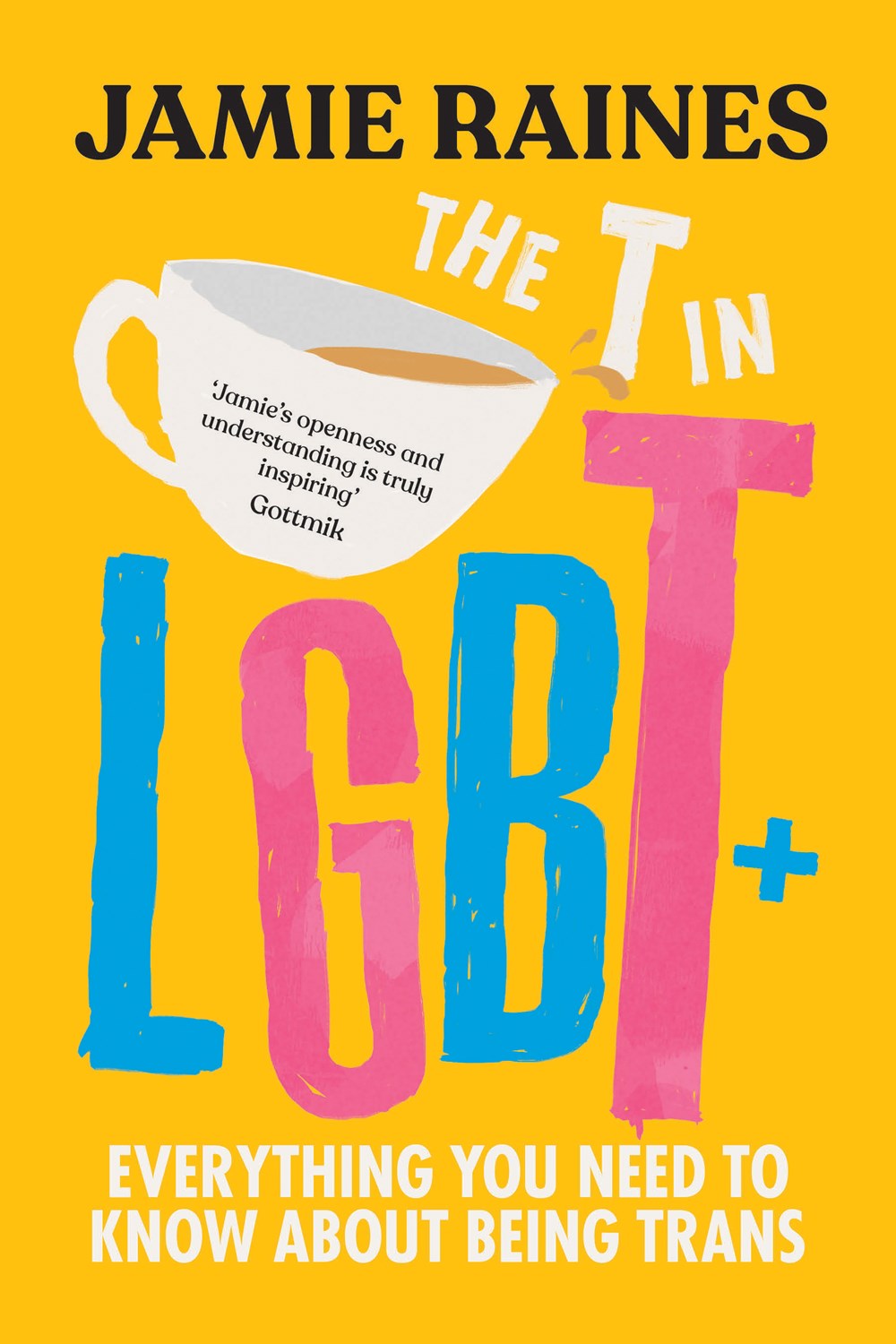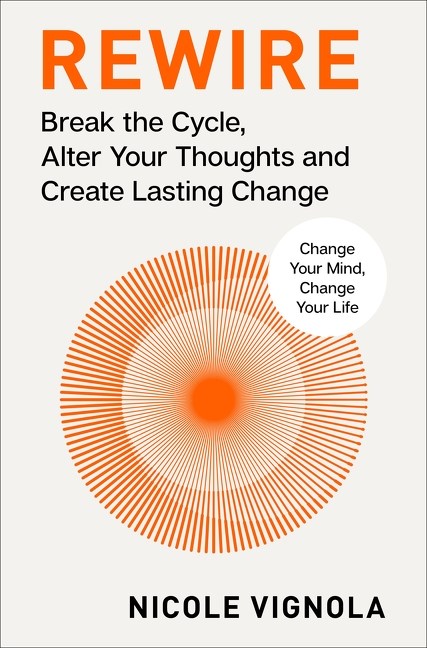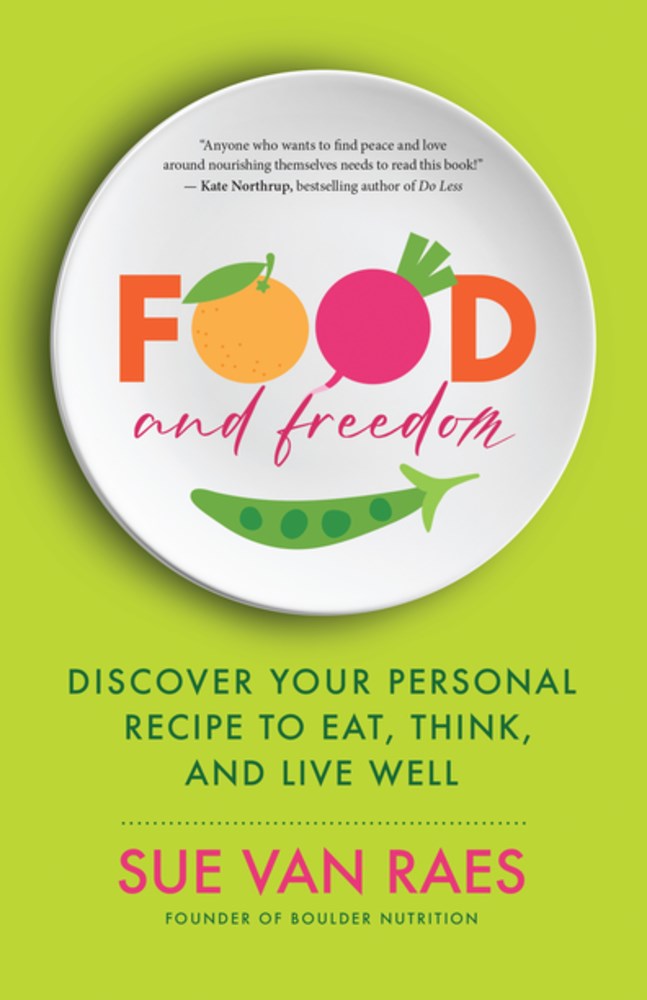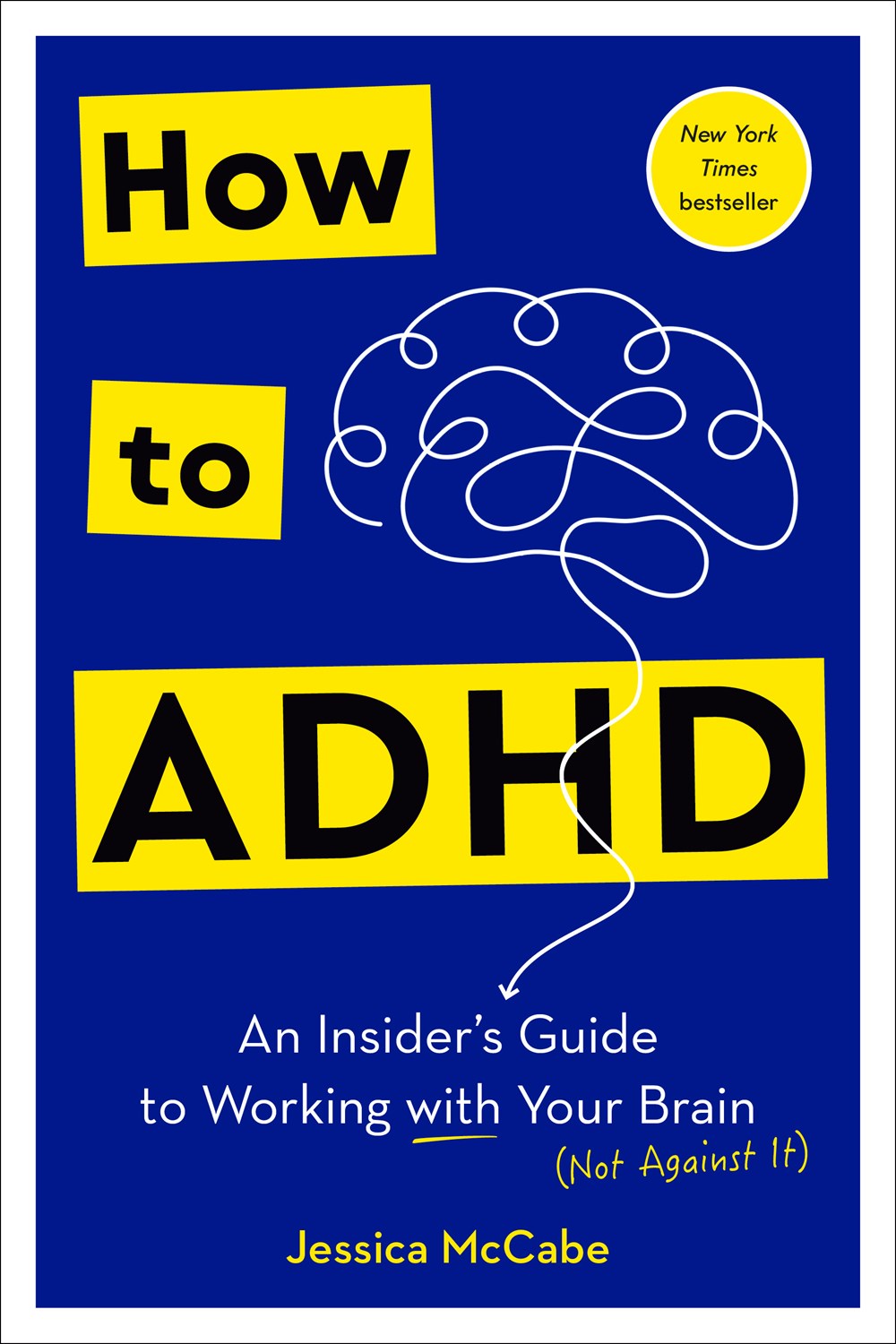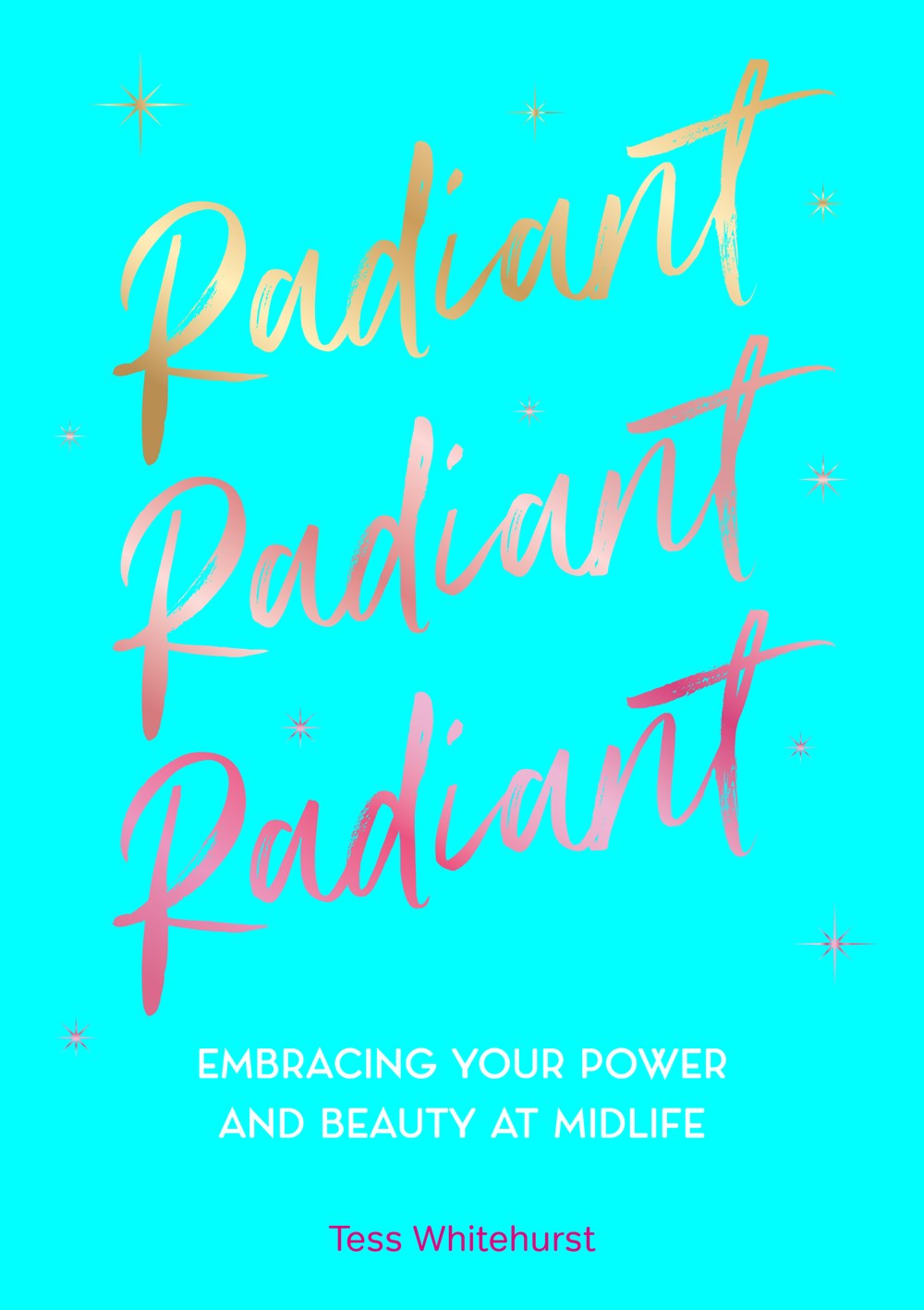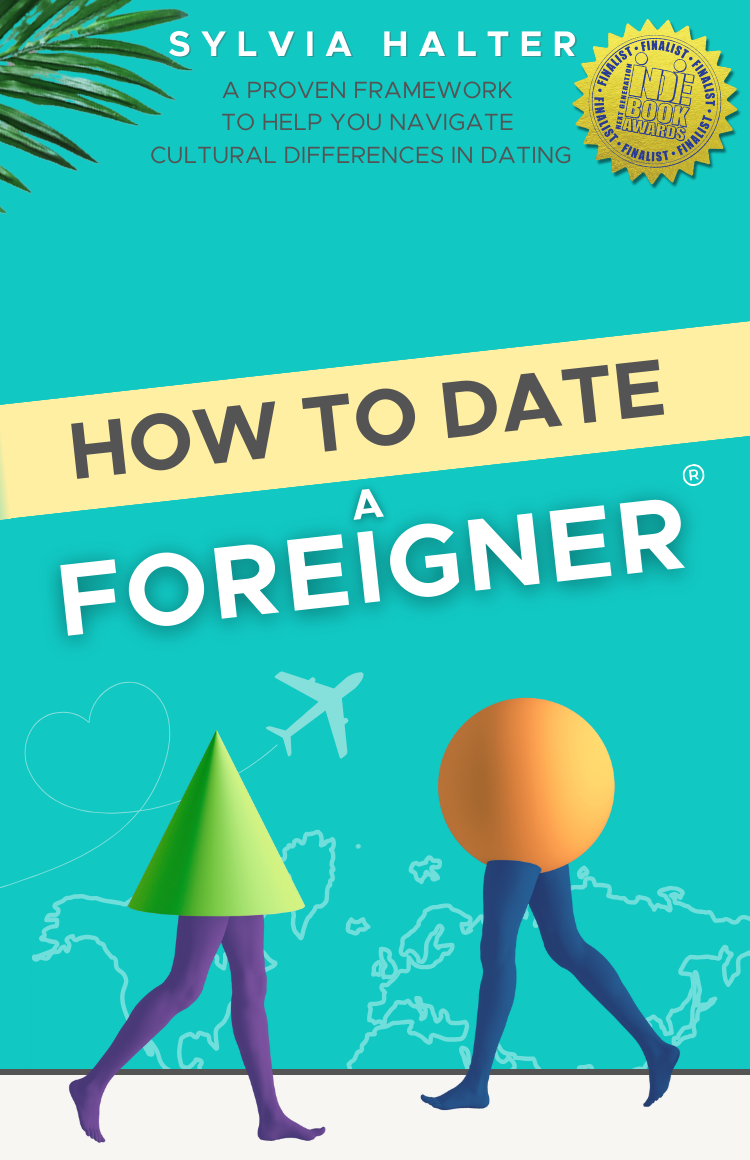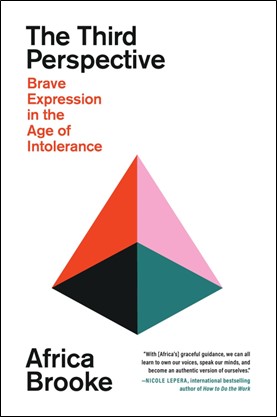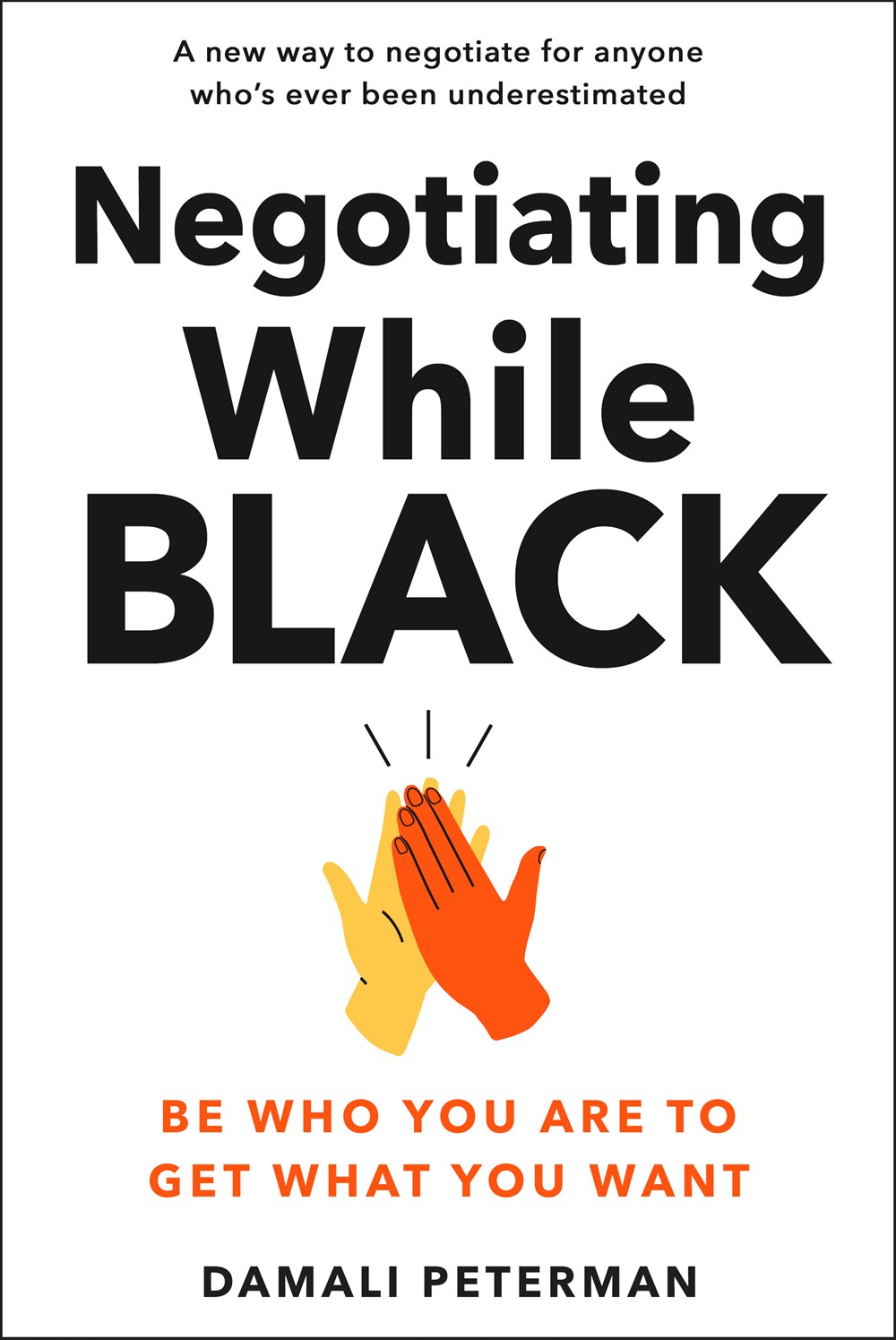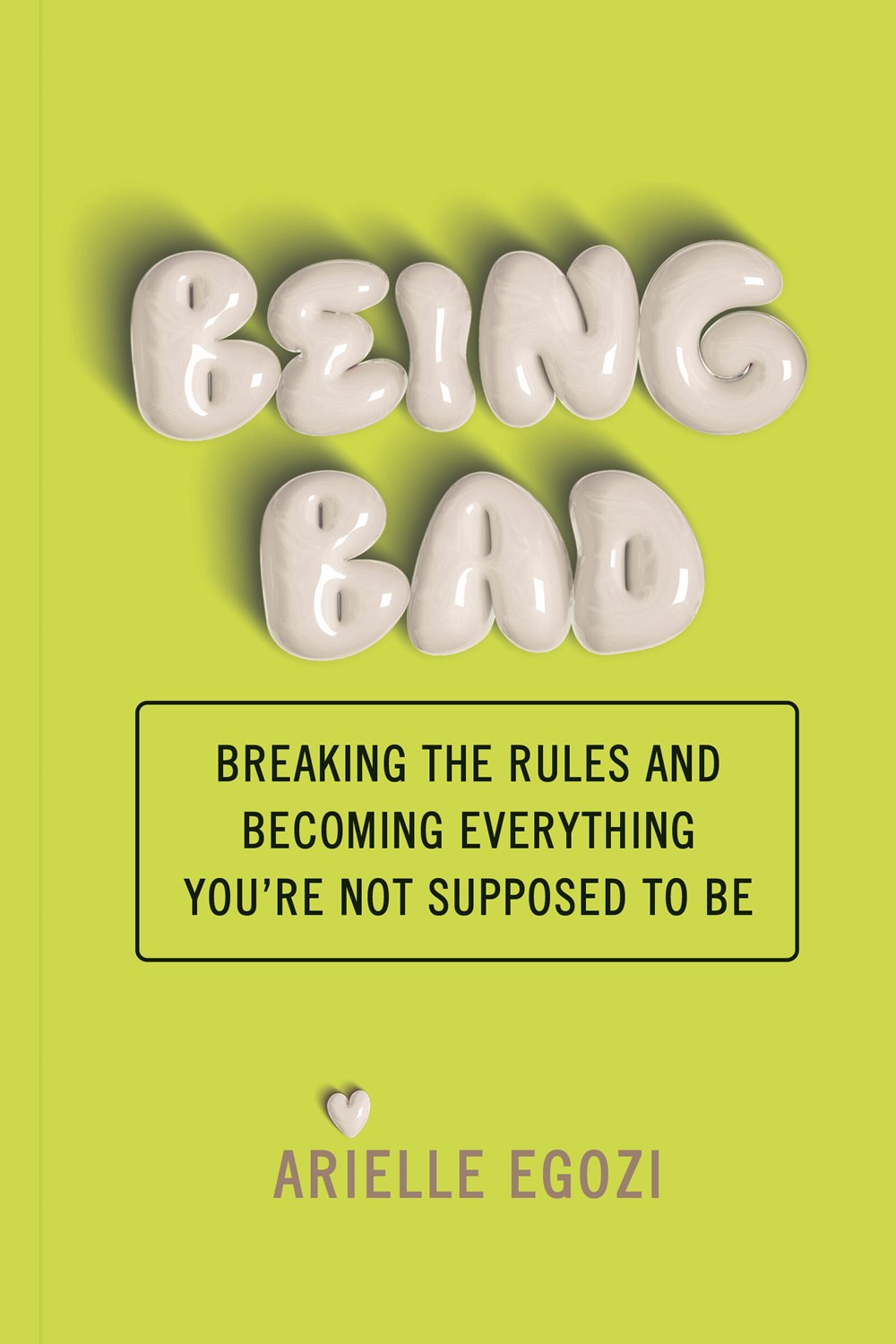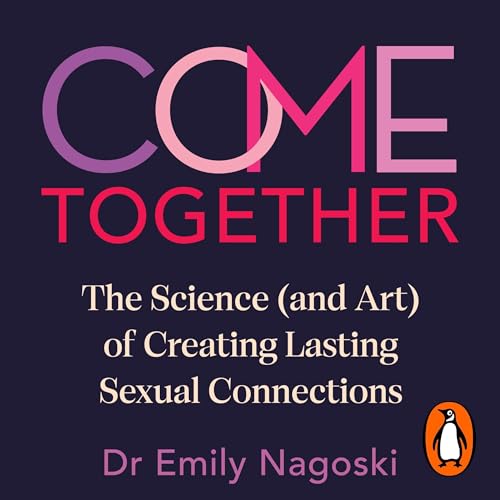Related
A charming and quick read for those who need a boost in confidence and a chuckle. Great for humor and lifestyle collections.
Hoeppner offers effective practices for improving communication skills, plus excellent advice on acknowledging nerves and managing anxiety about speaking.
The balance between Victorian aesthetics and modern wit is perfect, making this an entertaining and convincing affirmation of the value of snail mail today.
An encouraging program for readers who have found that pushing through hasn’t worked and want a gentler approach to life, coached by an engaging, empathetic, supportive guide.
PREMIUM
CRUSH Your Money Goals: 25 Smart Money Habits To Save, Invest, and Fast-Track Your Financial Freedom
Joy is a big voice in debt management and personal finance, and her book empowers readers to realize their own lives are worth the investment.
In this straightforward yet sophisticated work, Beck once again demonstrates why Oprah Winfrey has called her “one of the smartest women I know.”
An overdue guide for the disabled and chronically ill community that provides invaluable resources and knowledge on so many aspects of relationships. An essential book everywhere.
This audio will appeal to listeners seeking a self-help book that invites them to be an active participant in reframing, not reinforcing, their way of thinking. Recommended for fans of The Greatness Mindset by Lewis Howes or Fernandez-Preiksa’s podcast.
An excellent library purchase that’s holistic and empowering. Readers are sure to cherish this title’s authenticity, action steps, and key takeaways.
The book’s psychological lens provides a unique perspective for regular readers of astrology, and the quippy title will surely snag the astrology-curious; both will find a supportive, engagingly written, and informative discourse.
Readers committed to gaining control of their finances in a manner that brings more joy into their family life will find Sethi’s advice to be just what they need. Highly recommended.
He was a children’s television host, but Rogers and his teachings advocating kindness, appreciation, empathy, and inclusiveness will resonate with adults. Fans of Rogers and his supportive messaging will relish this book. It’s a quick read, but the quotes also inspire deeper reflection.
While this guide is fun and relatable, Sharp lays down hard truths and examples to help partners get through the tough times to find the fun.
A lovely book, suitable for readers looking for an accessible entry point into practices such as meditation by grounding into natural cycles and New Age concepts. It’s a bit limited, however, for readers already familiar with the basics.
PREMIUM
Sunset Gratitude: 365 Hopeful Meditations for Peaceful and Reflective Evenings All Year Long
This thoughtful, contemplative title is recommended for most libraries that stock motivational, inspirational, or self-help meditations.
With authenticity, McGaha shares her daily life and the joy she finds in it. This title will inspire readers to pause with a new sense of awareness that every moment can provide an opportunity for self-discovery and gratitude when approached with openness and intentionality.
This guidebook is mainly for technology and other professionals who have creative license to develop their own future-ready mindset. He does not discuss the impacts of trauma, racism, poverty, violence, and other issues that may prevent people from taking control of their future. As varied as his contributors are, they all had resources, safety, options, and resources to recover from any mistakes.
This title provides the cozy comfort of a warm cup of chamomile tea. It’s valuable for individuals in need of a body-positive hug, but some readers may find that it lacks the deeper systems-based critiques found in more intersectional approaches to body liberation.
Easy to read a little bit at a time when inspiration is needed to continue (or to start) living sustainably. A helpful addition to a sustainable collection that already contains how-to guides.
Inveterate winter-haters may not be ready to head to the Arctic yet, but all readers will find that by embracing the seasons that challenge them, they can achieve personal change in beautiful ways.
A thought-provoking and absolutely essential book for libraries that have robust self-help collections.
Blending travelogue, grief journey, and well-researched information on Japanese concepts, this book provides a satisfyingly deep and grounded reflection of her experience that will resonate with readers looking for a new way of connecting with the world.
PREMIUM
You Can Always Come Home: Following the Breadcrumbs of Your Past To Find the Hope for Your Tomorrow
A sweet and comforting read offering a little escape, aimed at a Christian audience. Recommended for general collections.
Petrow’s tone is akin to friendly reminiscing from a relative, suggesting books to read and apps to try. Recommended for readers who enjoy self-help works in the memoir vein.
A great companion to Amanda Ripley’s High Conflict, this is an accessible and enjoyable guide to learning how to have open conversations and maintain civility with people readers agree and disagree with. Highly recommended.
Moore’s gentle voice on the page and the quietness of the practices she details make this a soft, soulful book that will resonate with readers who want to rebel against capitalist, commercialized self-care trends that tend to treat the body separately from the soul.
Readers will find brief but profound advice that will assist those who want to put their life in perspective. Recommended for readers interested in Buddhist principles or self-improvement practices.
PREMIUM
Tiny Pep Talks: Bite-Size Encouragement for Life’s Annoying, Stressful, and Flat-Out Lousy Moments
This book’s vivid and welcoming layout contributes to the motivational vibe found in its pages. Recommended for readers needing inspiration for confronting common but still daunting situations.
A helpful and timely guide to spotting patterns of bullying. Readers will learn how to safely respond and react to bullies and how to educate others on bullying behaviors.
Huggins writes in an unpretentious, encouraging, and nonjudgmental style. Readers who actively engage in her exercises will likely find them useful for understanding and managing their anxiety.
This book will appeal to readers of Tara Brach and Emily Nagoski, while also offering new insights on burnout.
Whether readers pick up this book already equipped with a powerful network of social relationships or want to forge those deep friendships, they will find a friend in Yankovich, the kind of companion who shows up with honesty, empathy, and insights.
Designed for general readers, this ready reference about mental health will benefit readers who are considering therapy or preparing for their first appointment. Similar titles focus on one or two specific issues, but this book provides a concise but broad overview and guidance for getting help for more than 20 mental health conditions.
An encouraging read for anyone looking to hone their listening and observational skills while staying true to their own needs and abilities.
PREMIUM
Good Grief
This title includes 40 new poems that supplement those found in Pastor’s self-published debut poetry collection of the same name. Recommended for anyone seeking encouragement, support, or commiseration when coping with grief, trauma, anxiety, and more.
Koch empowers readers to improve their lives or mindsets by briefly reflecting on a daily concept. This book will appeal to all 80/20 adherents and anyone aspiring to better living.
After the isolation of the pandemic, many people want help making personal connections. This is a solid addition to self-help or psychology collections everywhere.
With its mix of astute cultural analyses, quippy personal anecdotes, and deeper dives into sociopolitical and theoretical factors, this book does more than show disabled and chronically ill people that they belong. It also serves as a reminder that it matters how one shows up on dating apps and in relationships, in order to counteract the systems that try to render invisible the people whose bodies don’t conform to social norms.
There is no bibliography, nor is there a concluding chapter to reinforce the central message. However, Johnson’s book offers excellent meditation tips and practical advice to help readers live more fulfilling lives, even in times of unrest.
A helpful book that may appeal to those seeking a spiritual consideration of doom related to climate change and ecological disaster.
Those who admire Nepo’s work and are seeking advice about friendship will relish this book. Reading it feels like having a discussion with the author over a delicious meal.
Readers who embraced the message in Rhonda Byrne’s The Secret will relish Barr’s book, but those with a more skeptical nature may want to skip this one.
This book will appeal to fans of Raines’s YouTube channel, allies, and trans people at any stage of their transition.
With quotations and references drawn from pop culture set alongside cutting-edge research on neuroplasticity and other facets of cognition, this is an easy-to-read addition to the growing ranks of biohacking books. Will appeal to readers of Tara Swart Bieber and Wendy Suzuki.
Change, anxiety, happiness, coping—these subjects and more are addressed in books that help readers achieve their best lives.
A thoughtful, moving memoir about a writer navigating the pandemic. Suggest to writers who need inspiration and to memoir readers.
Anyone feeling exhausted by their current pace of life will find concrete steps and tools to energize, from someone who has been there and discovered a new way of living.
Lomax has developed a pathway to facing and overcoming fears, for people who experienced similar feelings to hers. She respectfully and thoughtfully challenges beliefs and behaviors that are barriers for individuals and communities to achieve wellness and reach their goals.
With research-based information, examples, and thoughtful exercises, Kress’s guidebook provides a path for readers to heal from trauma and embrace a joyful future.
This book will appeal to three types of readers: people who are grieving the death of a pet, readers who know someone who has recently lost a pet, and those who are interested in the bonds between animals and humans.
This would be a fun book club selection for wellness groups and is a solid addition for displays on related subjects.
A timely, highly informative, and practical guidebook for navigating cross-cultural dating experiences.
Wellman does make liberal use of profanity, so readers who won’t enjoy that should look elsewhere, but this is an exceptional and amusing workbook for taking charge of future Mondays.
An excellent little volume that offers a big punch of ideas. Great for all psychology and self-help collections.
Many authors have written about happiness, yet few write about it in such a succinct and memorable way.
Filled with clear and pragmatic advice, this book is a thorough and fresh approach to embrace and bolster one’s inner power by considering its link to the nervous system and stress hormones. Recommended for readers who are interested in an approachable self-help volume.
The Enneagram is reliably popular on social media, and readers interested in navigating their friendships through the lens of the Enneagram will appreciate this well-organized guide.
A valuable guidebook for navigating discomfort with a sense of safety and strength that defies binary thinking and encourages readers to express themselves in authentic yet circumspect ways.
Peterman provides tools that everyone can use to identify, confront, and reduce implicit bias and implement best practices of negotiation.
Hard-biting and vulnerable, this is a recommended read for LGBTQIA+ patrons and twentysomething cis women, especially children of immigrants like the author.
A primary purchase for collections of well-researched and entertaining nonfiction regarding health, relationships, and sex.
This well-written volume encourages users to ask the tough questions in their lives. Best suited for self-help, pastoral, and spiritual counselors.
PREMIUM
Tending Grief: Embodied Rituals for Holding Our Sorrow and Growing Cultures of Care in Community
Barton specifically speaks to the way in which grief impacts queer and BIPOC communities, but their embodiment practice exercises will appeal to anyone working through feelings of trauma, pain, and loss.
Will appeal to those looking to improve their relationship with stress and to fans of Law’s podcast as well as readers of Gawdat’s books and followers of his popular podcast, Slow Mo.
This book will appeal to readers interested in contemplating the relationship between life and death from an academic or psychological point of view, and those who are interested in a Jewish perspective on death and loss.
Smerling’s system for creating or restoring healthy relationships should appeal to readers interested in childhood development and connecting with their younger selves.
An excellent resource with attainable outcomes. Roberts delivers another outstanding guide that can be life-changing for those who struggle with anger issues.
This is a bold book for women who are sick of feeling small and unseen and think there must be more to dating than patriarchal standards of beauty, female subservience, and desire.
PREMIUM
The Happiness Formula: A Scientific, Groundbreaking Approach to Happiness and Personal Fulfillment
Obayuwana notes that this book’s original title was the Mathematics of Happiness but it was changed owing to concerns that this might turn some people off, so perhaps readers who enjoy working with formulas would find his approach helpful.
Designed as a journal readers can use as a means of self-care, self-reflection, and inspiration, this collection of gentle ideas will please those looking for diary prompts. Most pages are worksheets or include spaces to add personal art and reflections.
Timeboxing is a mindset and a method that could assist readers in staying focused when completing any type of task. Written in a pragmatic, straightforward style, this book is highly recommended for anyone seeking to improve their time-management skills.
With short chapters and some valuable tools, this title isn’t a substitute for therapy, but it does build a sense of community by chipping away at the stigma surrounding anxiety in ways that may appeal to readers who need a little extra support.
This is highly recommended for young professionals as they navigate their boundaries, and for seasoned workers who need a boost to continue doing their best work.
This is an interesting and well-reasoned approach to help readers slow down, relearn how to relax, and shed any notions of what it means to be an adult.
PREMIUM
The Story of Upfront Carbon: How a Life of Just Enough Offers a Way Out of the Climate Crisis
An information-heavy overview of the cost of new purchases and how they affect the world. Though it’s BISAC’d as self-help, this is more of a technical book that will be beneficial to those looking to understand the pollution costs embedded in new things or seeking justification for living a simpler lifestyle.
PREMIUM
Somehow: Thoughts on Love
Recommended. Readers already familiar with Lamott’s nonfiction work will find comfort in her familiar touchstone topics of faith, family, and recovery viewed through the lens of love and aging. Readers new to Lamott might want to start with her earlier works such as Help Thanks Wow or Traveling Mercies: Some Thoughts on Faith.
In each letter Wilson shares what she faced and how she overcame it and lets Black girls know that they too can overcome adversity. Her love for Black girls is evident, and they will benefit greatly from reading this book.
This is a singular and honest view of the Enneagram that plays the necessary devil’s advocate for readers wanting to better themselves. A great companion to other titles so libraries can provide a well-rounded approach to the Enneagram.
The inclusive language and accessible tone, along with McCabe’s knowledge and exhaustive research, make this smart and timely take on ADHD a necessity.
Those experiencing social media fatigue, abuse, or addiction can greatly benefit from this book. Highly recommended.
This title complements publications such as The Grief Recovery Handbook by John W. James and Russel Friedman, and It’s OK That You’re Not OK by Megan Devine. Libraries looking to enhance their nonfiction collections should consider this book a must-have. It also contains a diverse reference list that supports and expands the topics discussed.
Fans of Groves and McBeath or readers who are looking to improve their relationship with themselves and their approach to partnerships will enjoy this book.
A friendly, practical guide filled with excellent advice, this book makes the ups and downs in professional life seem manageable. An excellent addition to career self-help collections.
Readers who enjoyed VandeHei’s previous work Smart Brevity: The Power of Saying More with Less will appreciate the writing style. Similarly, fans of The No-BS Self-Help Book by Honerod will find this title refreshing. Libraries looking to expand their self-help collections would greatly benefit from adding this book.
This book provides meaningful advice in an engaging style. It succeeds in conveying an important message of seeing substance in life’s little things.
Mackintosh’s words deliver because of her honesty and openness about getting past the pain. Highly recommended.
Fans of the author, self-help books, and those interested in clinical psychology will love this book.
As with any book that promises tools for finding purpose and meaning, this requires deep work, which sometimes feels like it was glossed over; still, the principles are sound and thought-provoking. For fans of authors like Martha Beck who are looking for additional clinically sound practices to explore.
Positive and affirming without ever sounding hollow or reductive, this title may help individuals struggling with anxiety to feel less alone.
articles
ALREADY A SUBSCRIBER? LOG IN
We are currently offering this content for free. Sign up now to activate your personal profile, where you can save articles for future viewing
